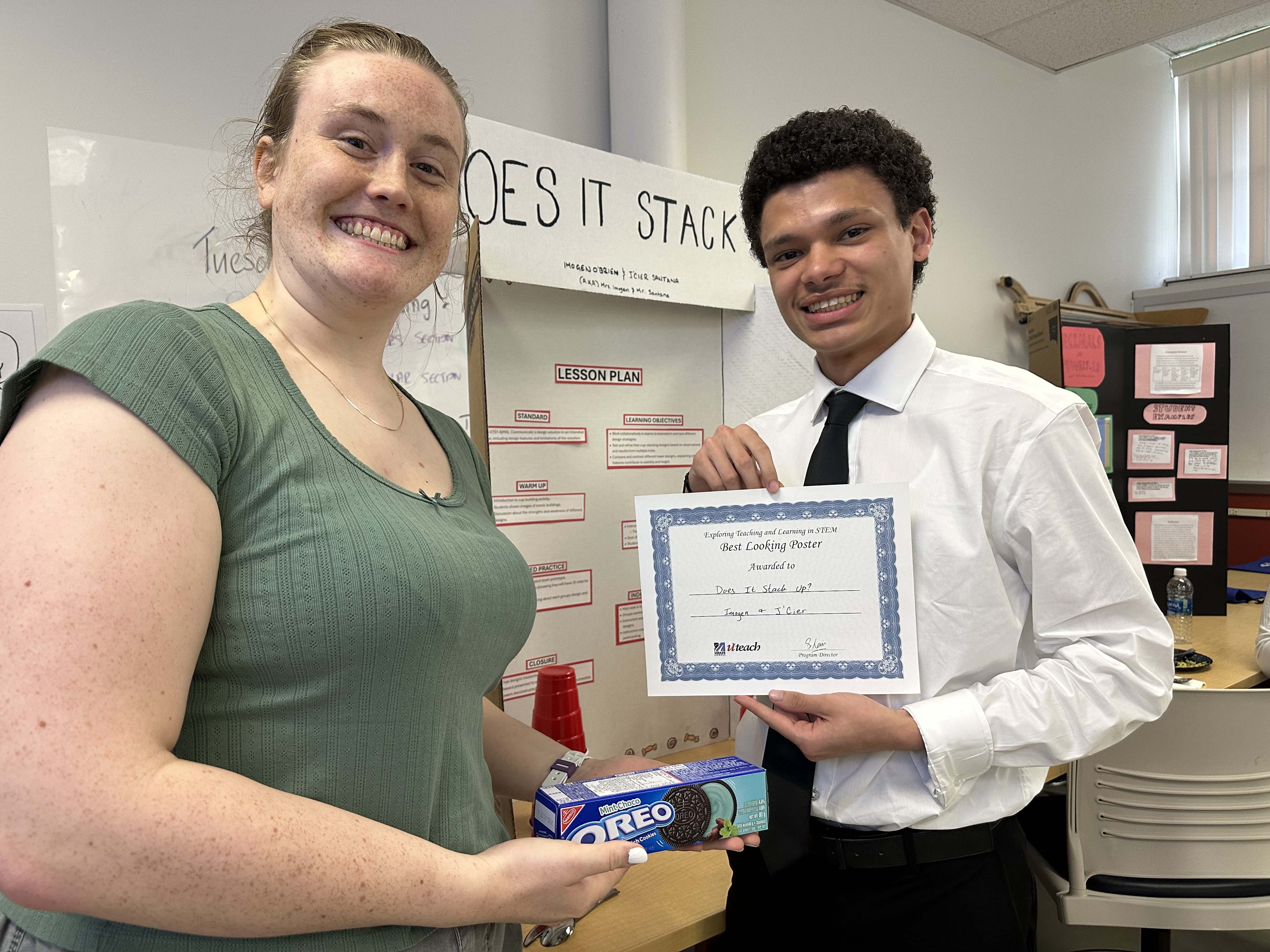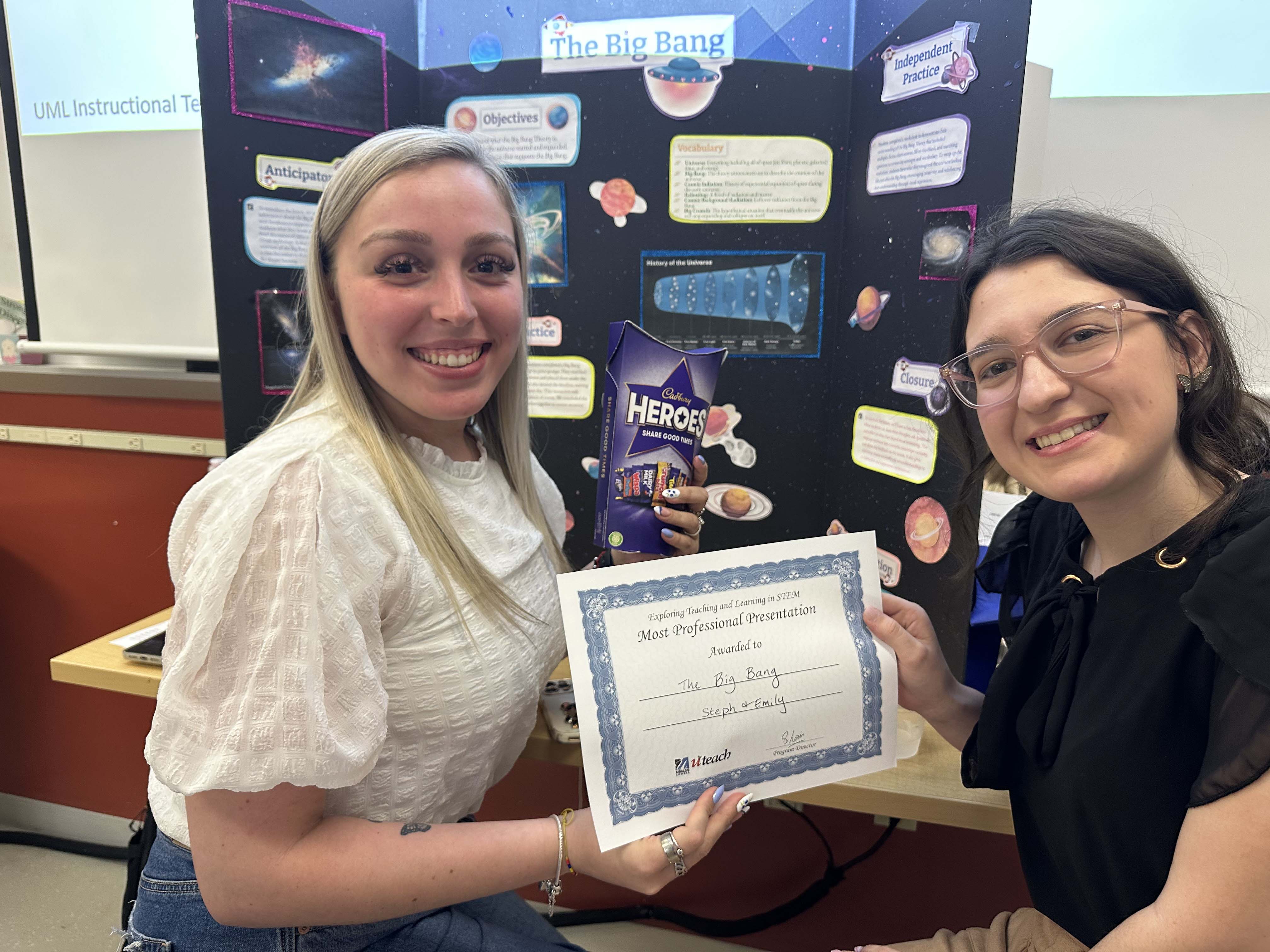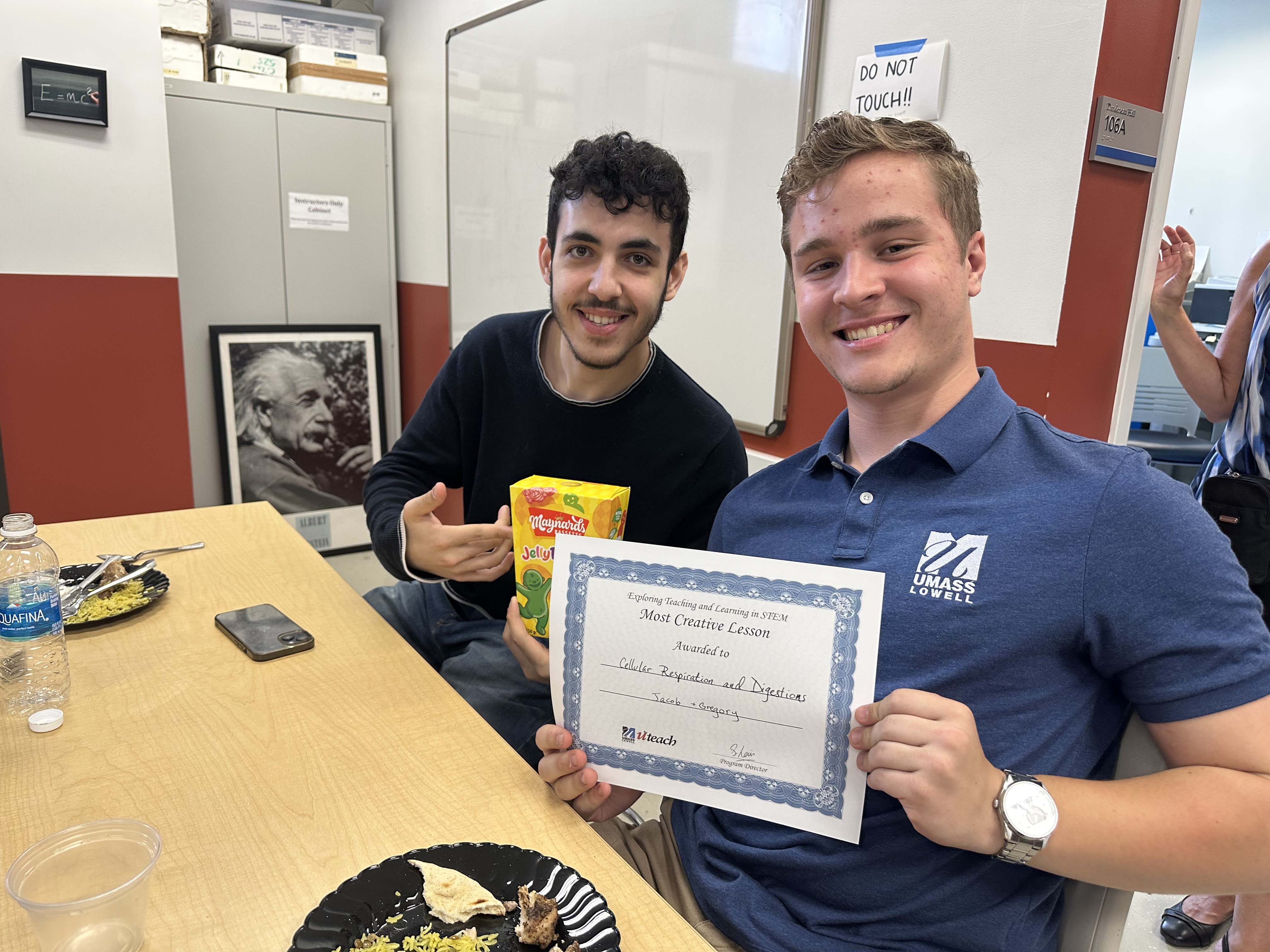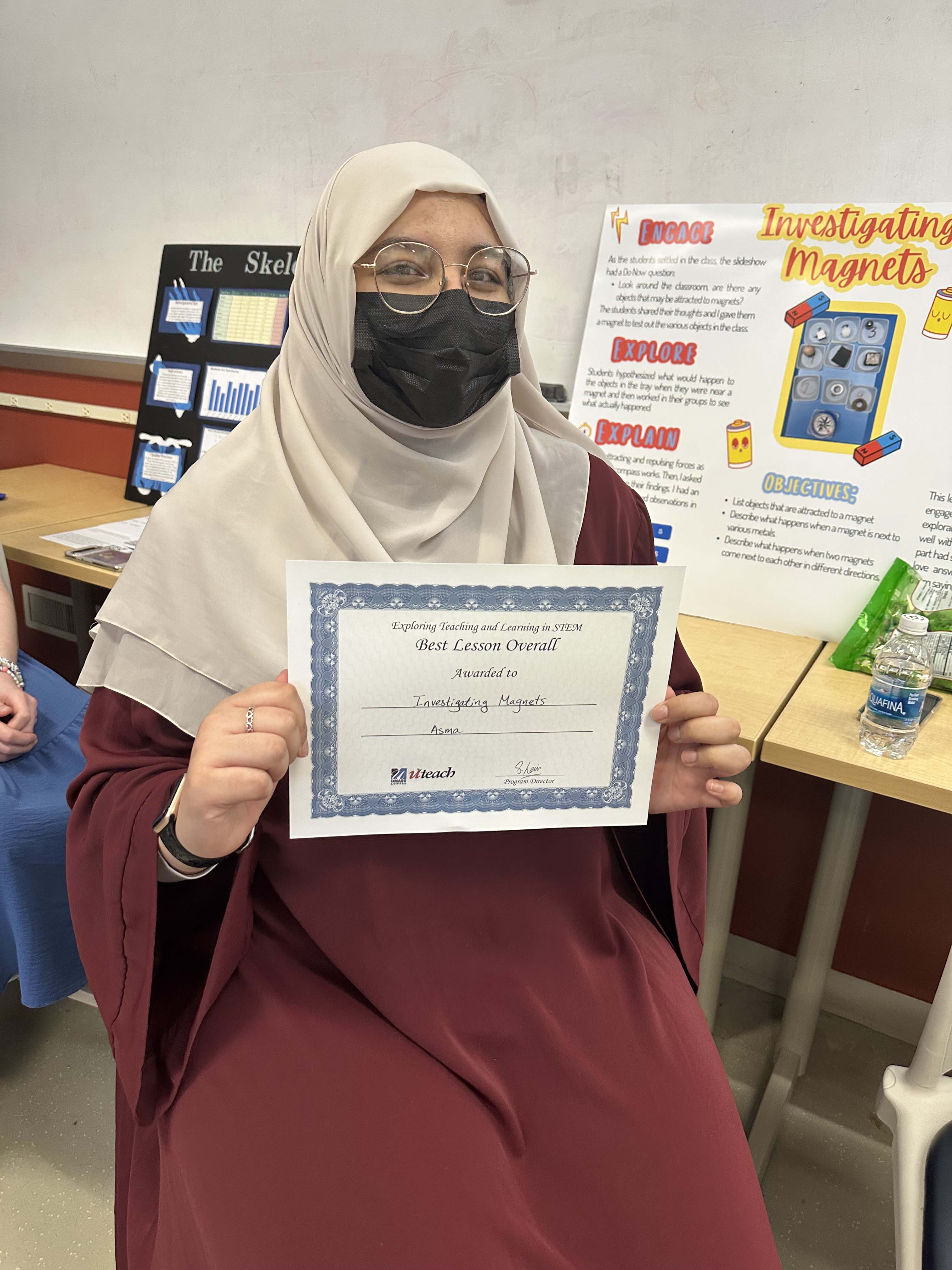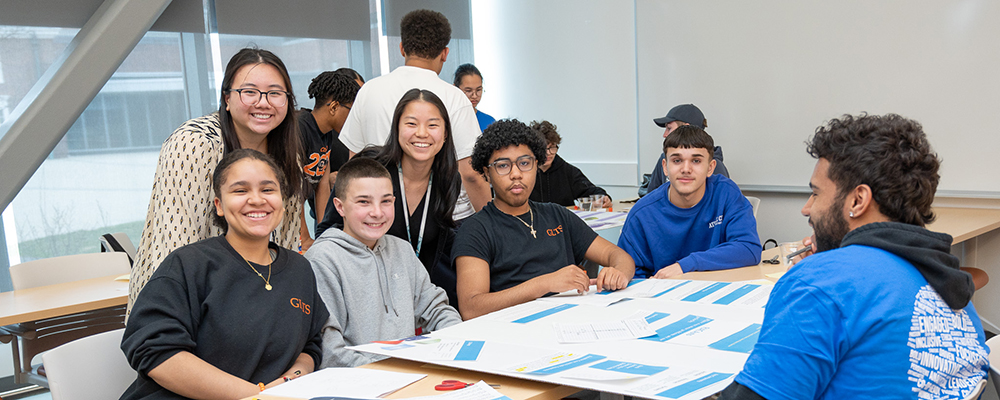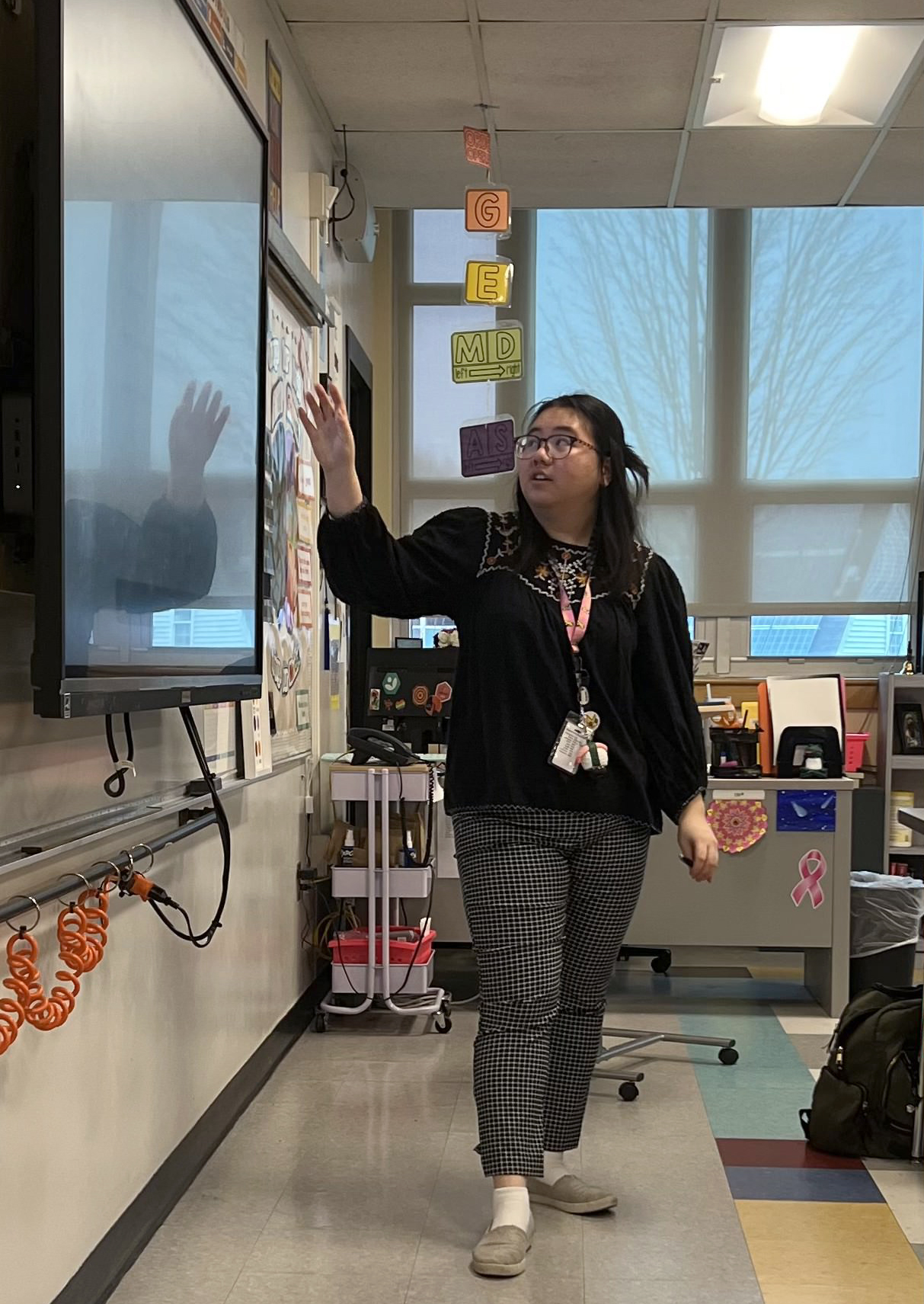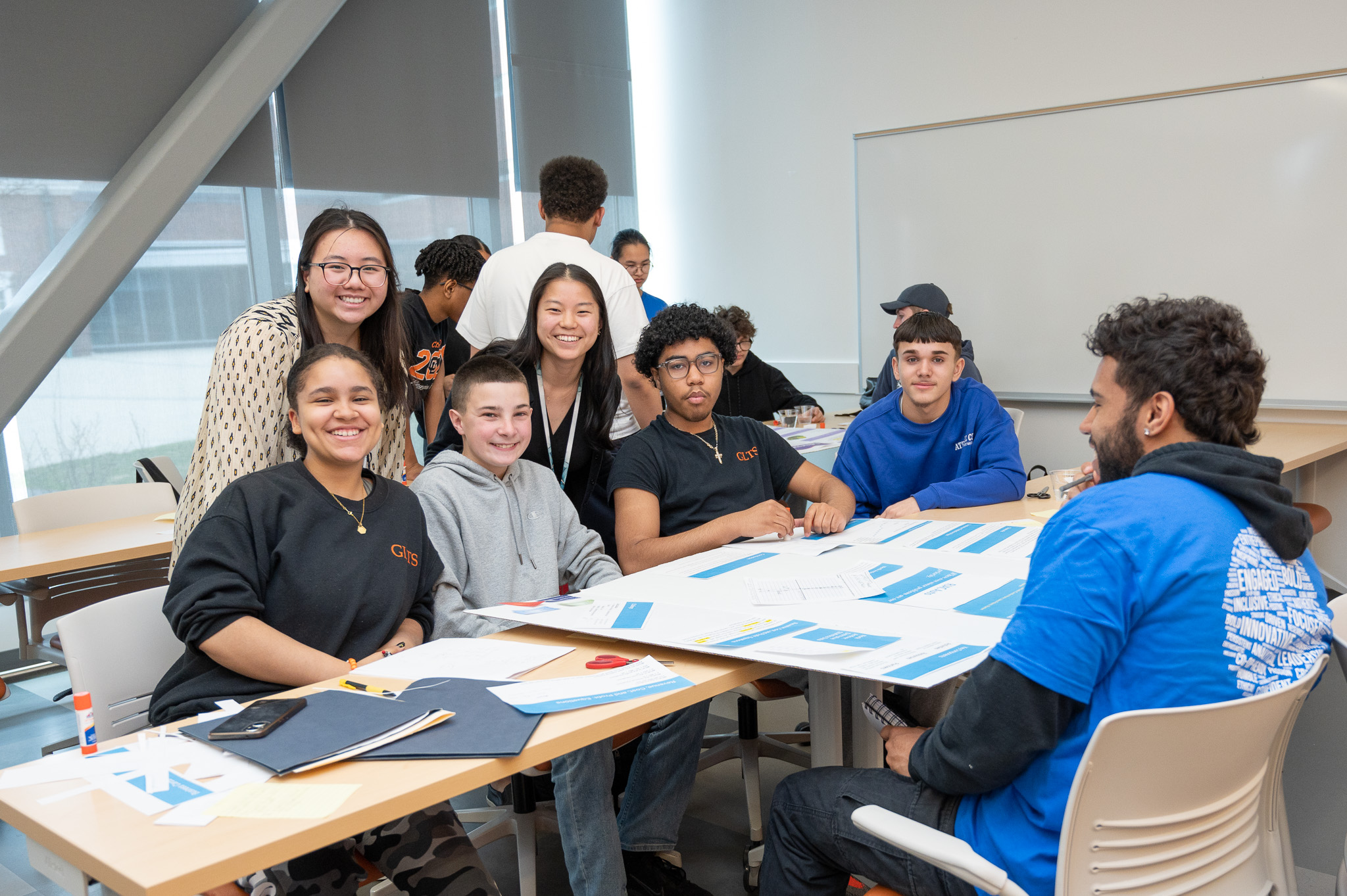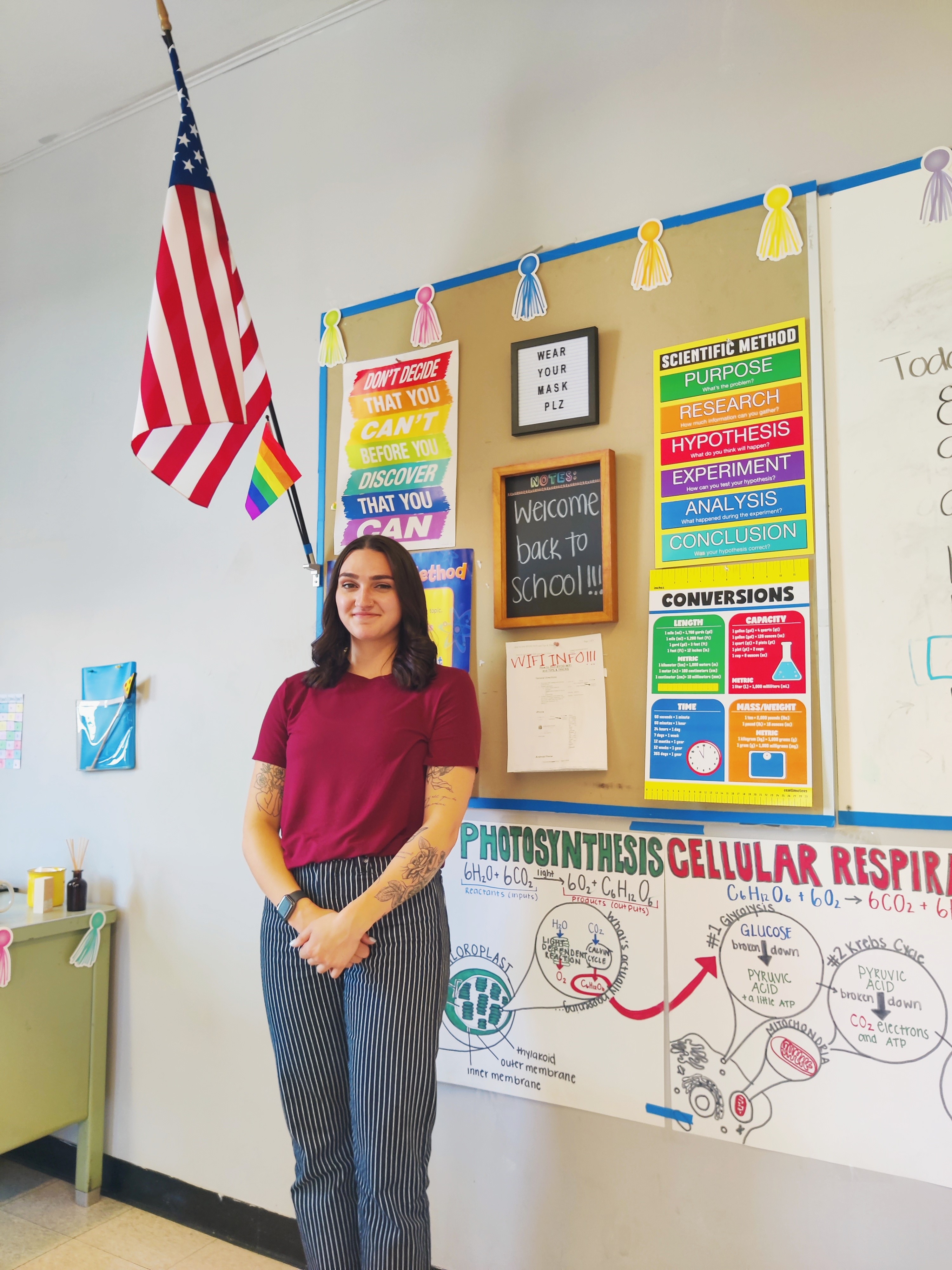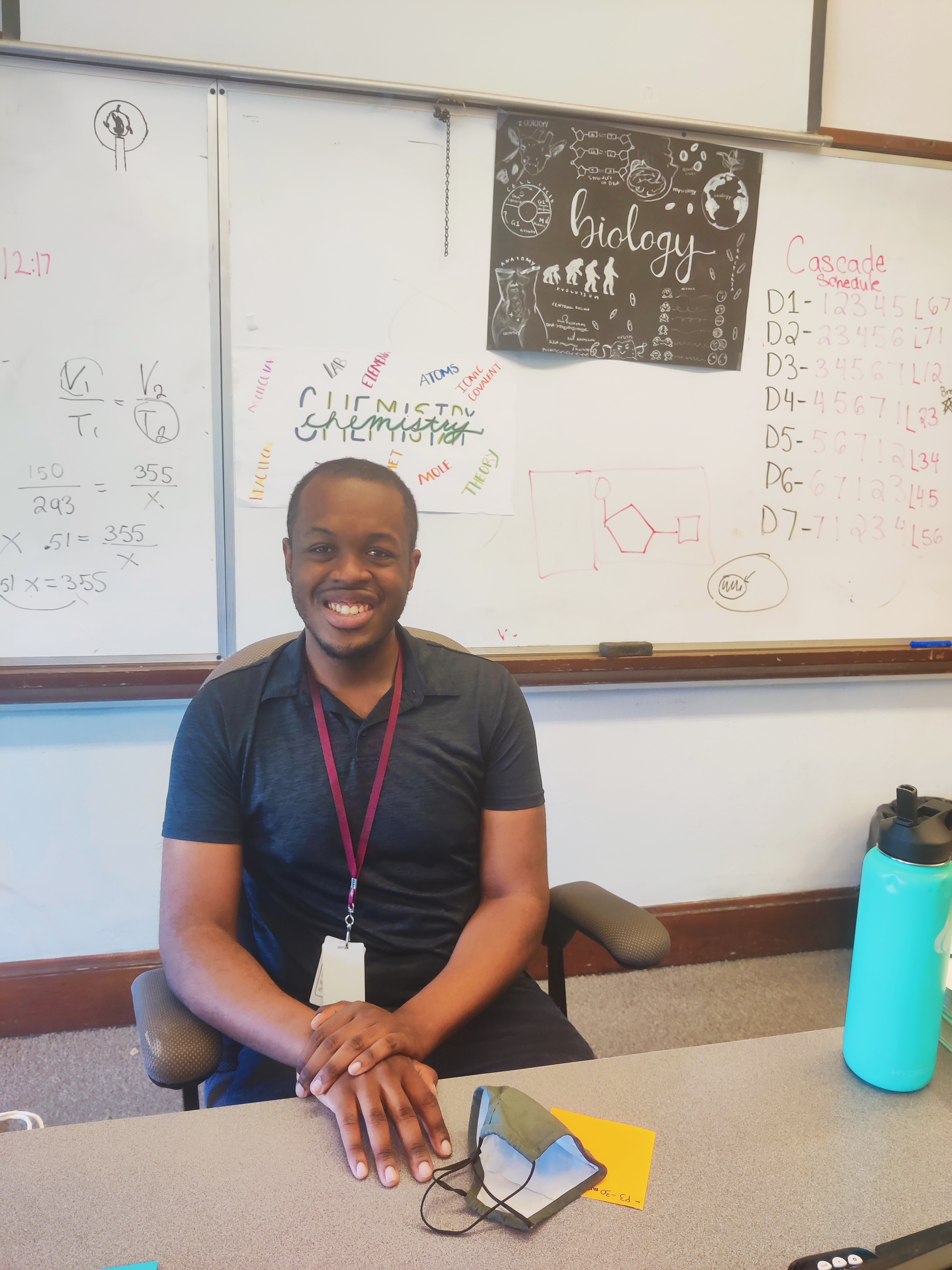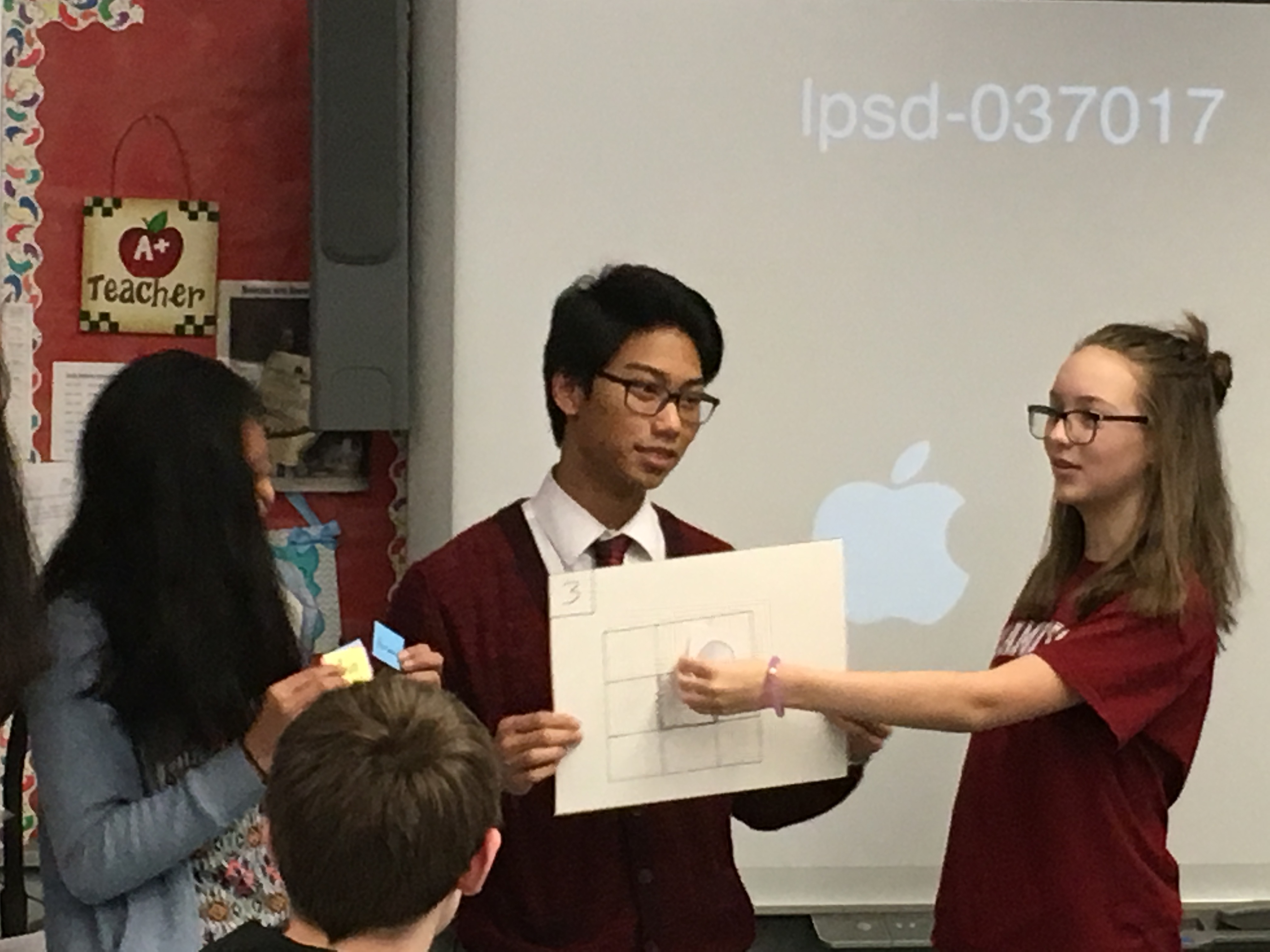Dr. Lewis
This Spring semester, UTCH.1030 didn’t begin with lectures, slides, or a syllabus scavenger hunt. Instead, it started with a simple but powerful question: What do you think is needed for effective STEM teaching? But this wasn’t a question to be answered with words alone.
Students were invited to build their answers—literally—by constructing towers out of LEGO bricks. The towers were as unique as the students themselves—some carefully engineered, others spontaneous and symbolic. Each one reflected their personal experiences as learners and their evolving ideas about what it means to be a STEM teacher.
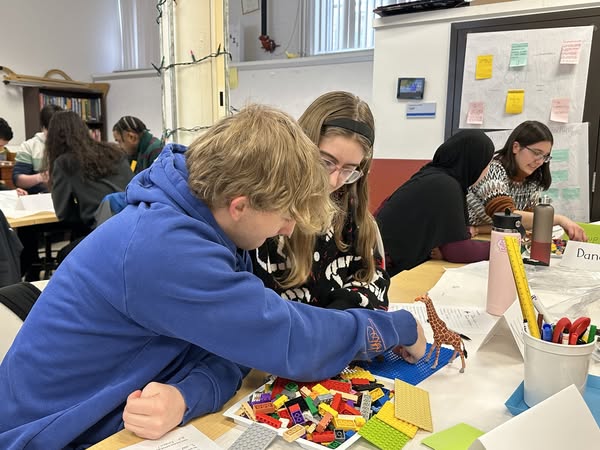
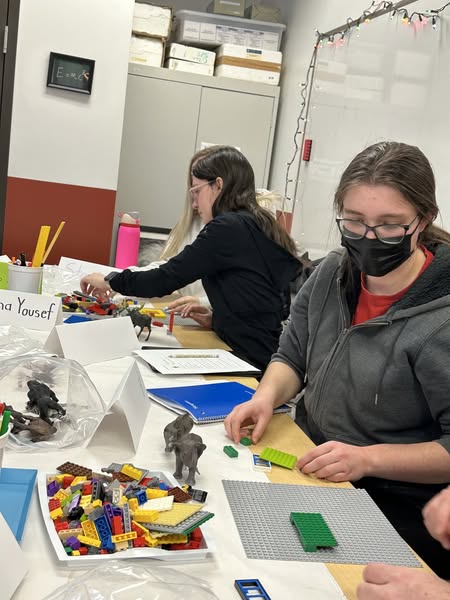
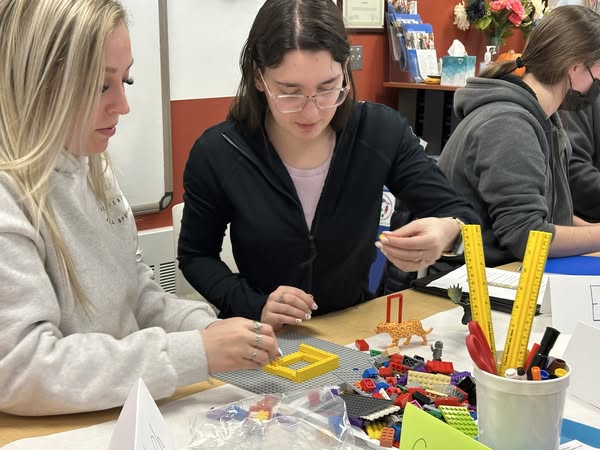
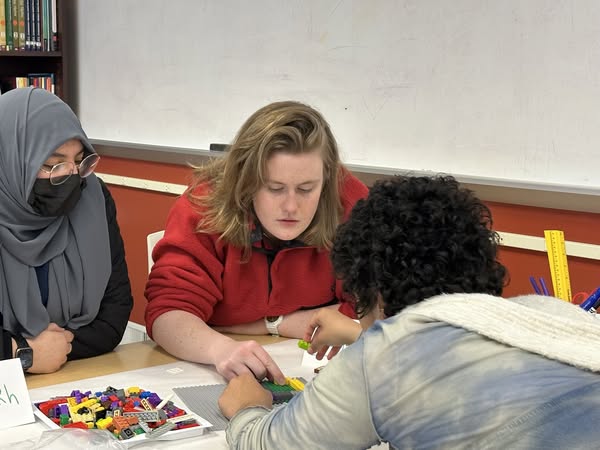
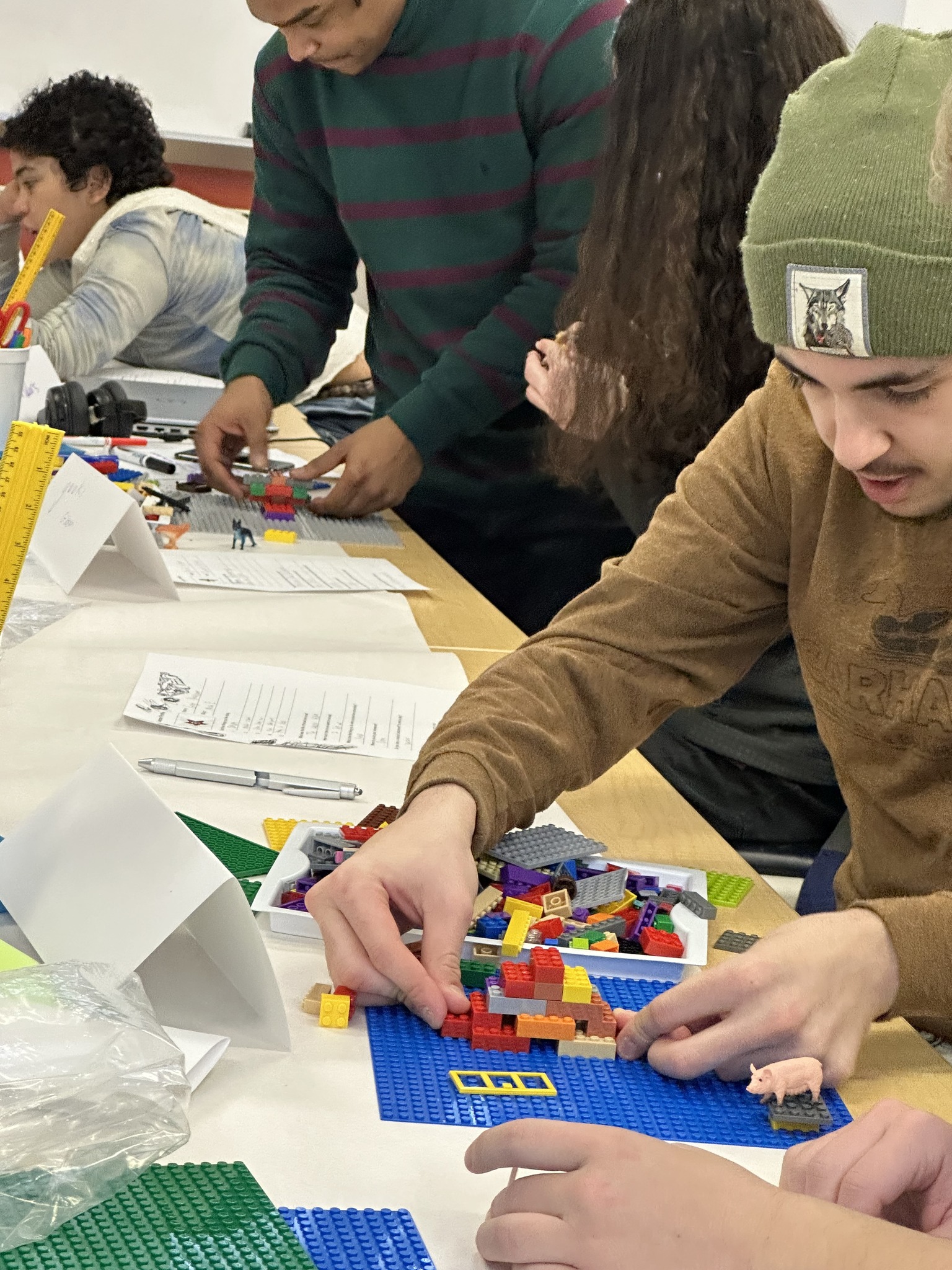
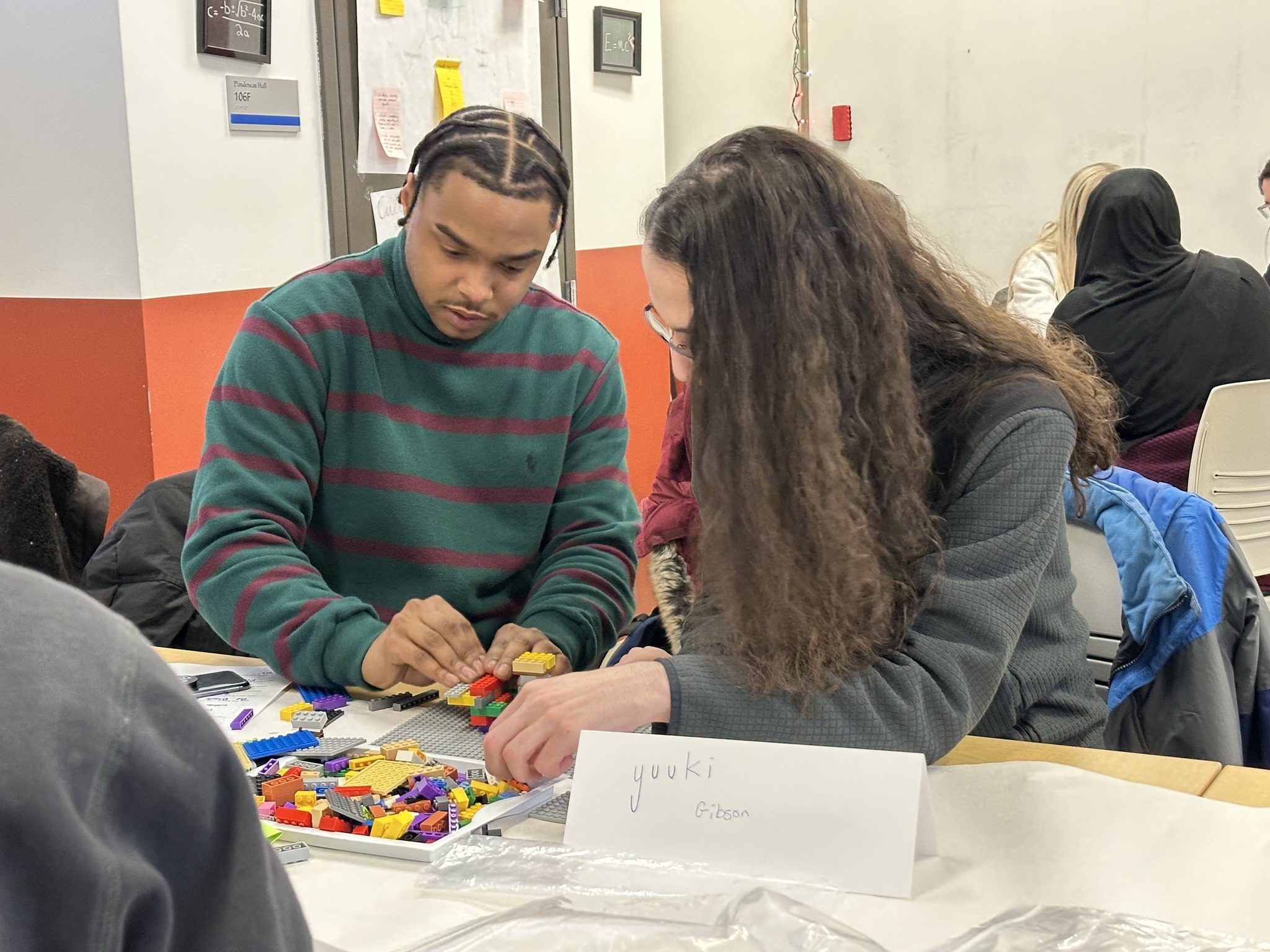
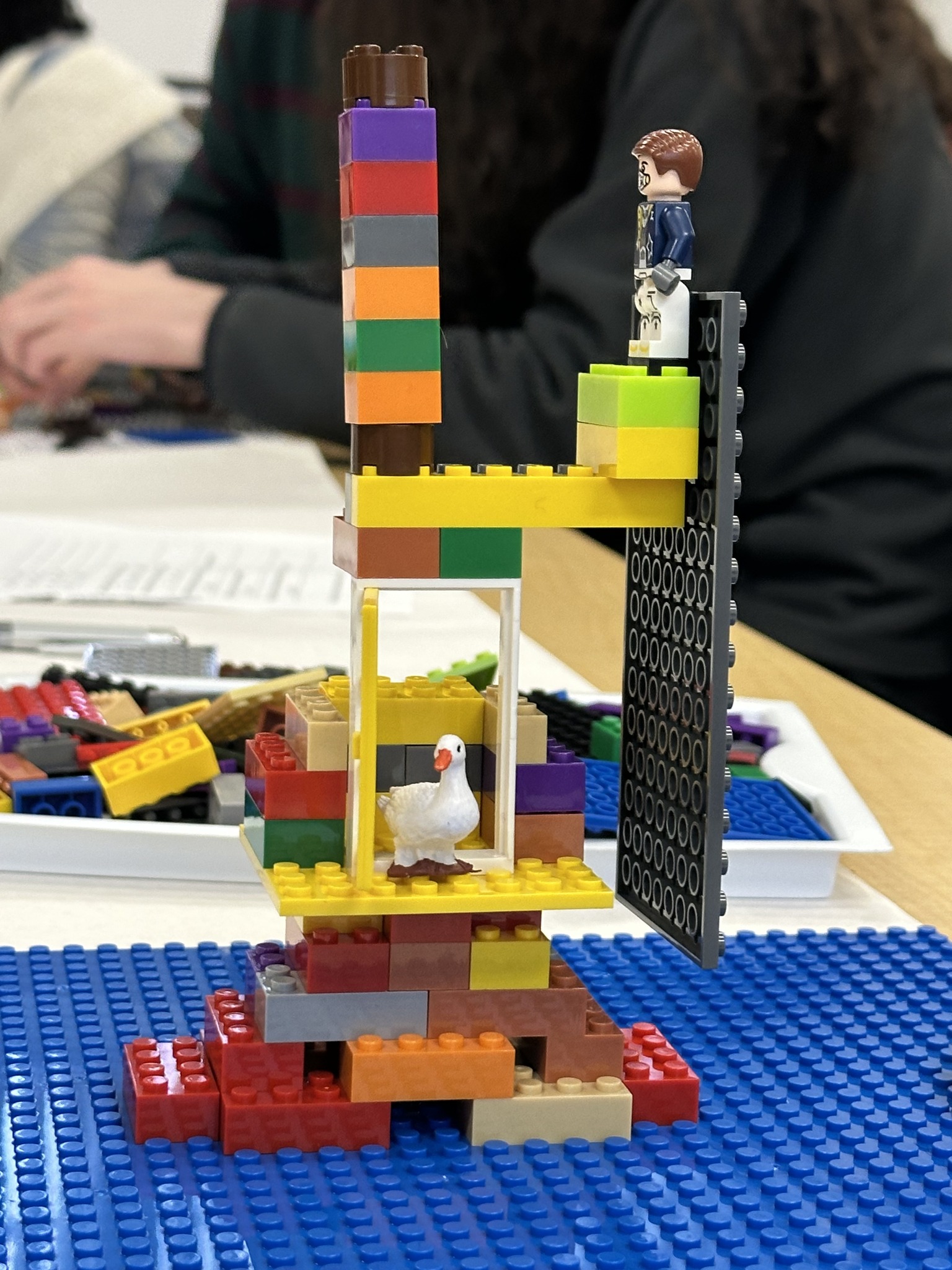
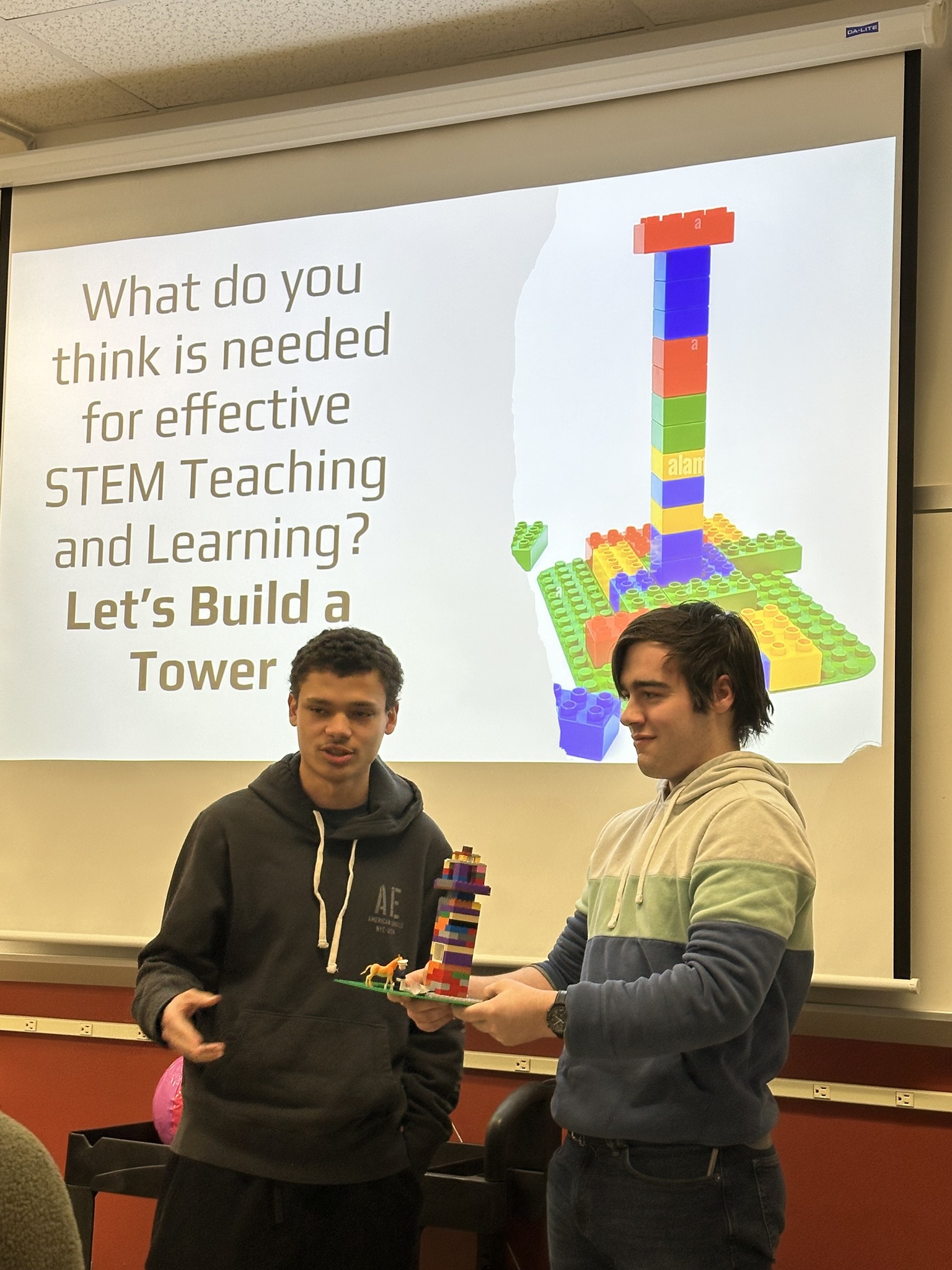
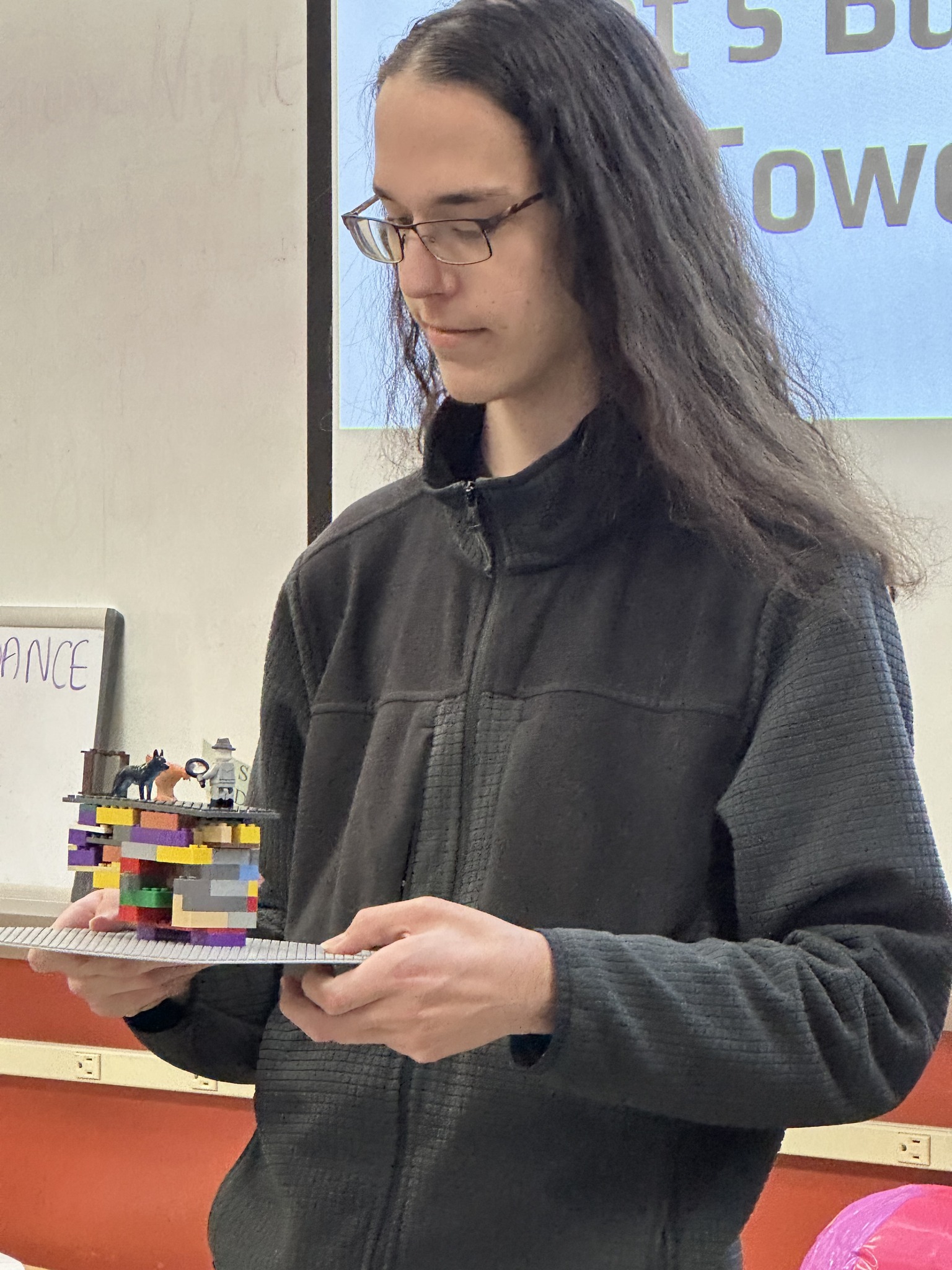
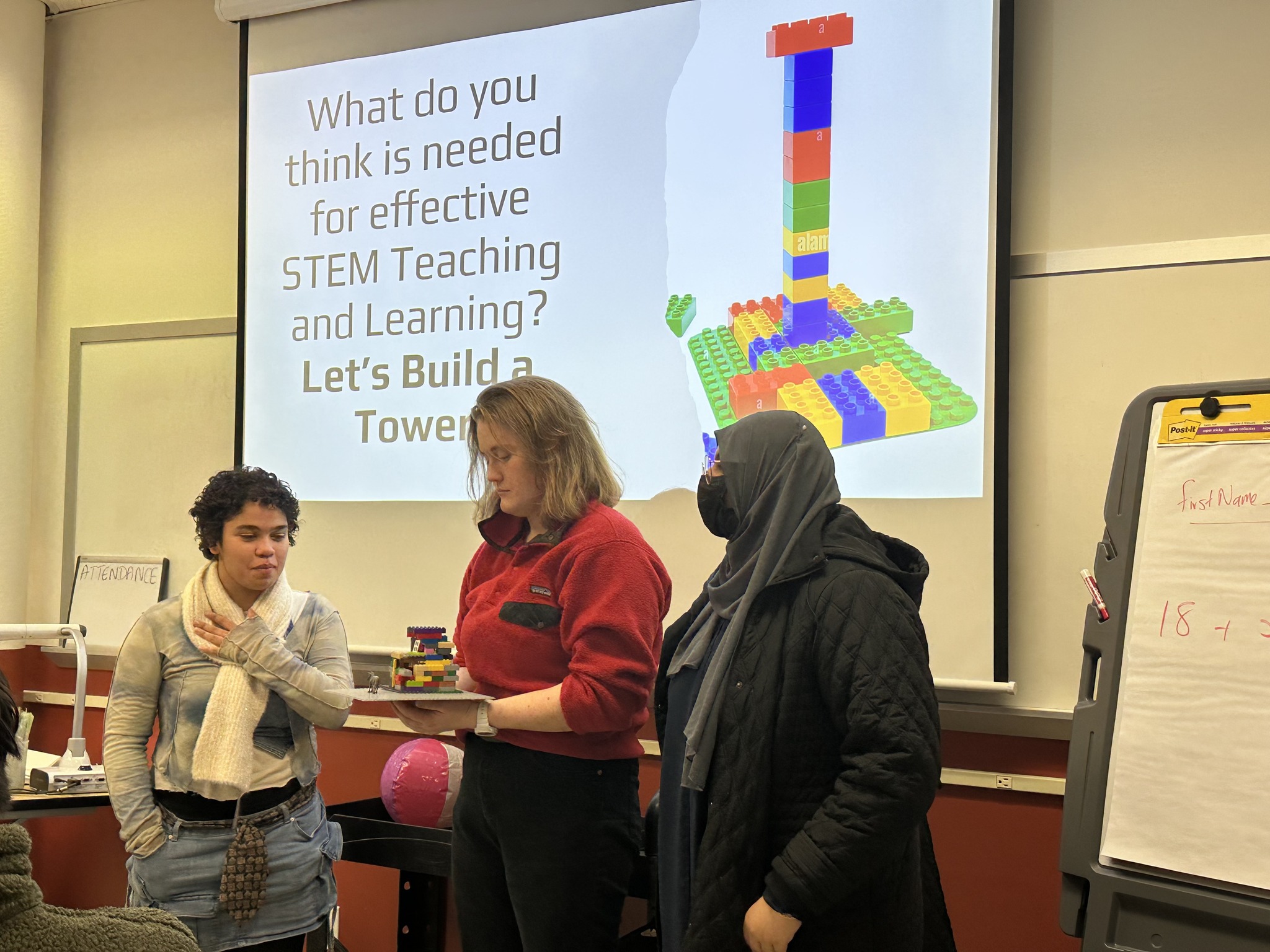
Later in the semester, the creativity challenge continued—this time with a very different kind of building material: a roll of toilet paper. Or as I called it, “loo roll” (a little British flair never hurts). I walked into class with a stack of them and simply asked, What kind of lesson can you create using this? It was one of those moments where you’re not quite sure how it will land—but once again, the students amazed me.
They designed lessons across disciplines: some tested the strength and absorbency of different brands, turning it into a hands-on scientific investigation. Others used the loo roll as a springboard for math activities—calculating area, volume, and comparing data. A few turned it into an engineering design challenge or even wove in literacy elements. What started as a silly prop quickly became a serious exercise in resourcefulness, imagination, and lesson planning under unexpected constraints.
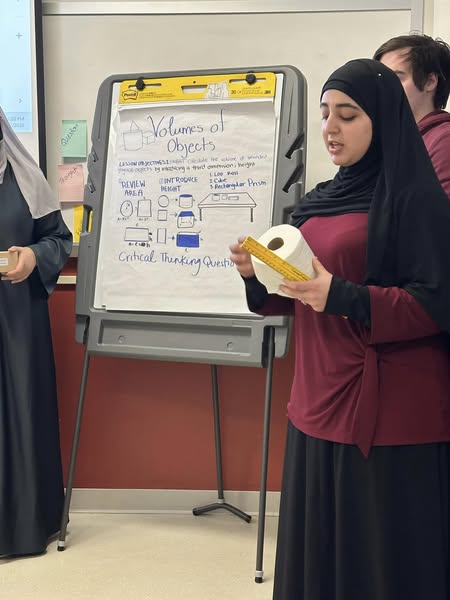
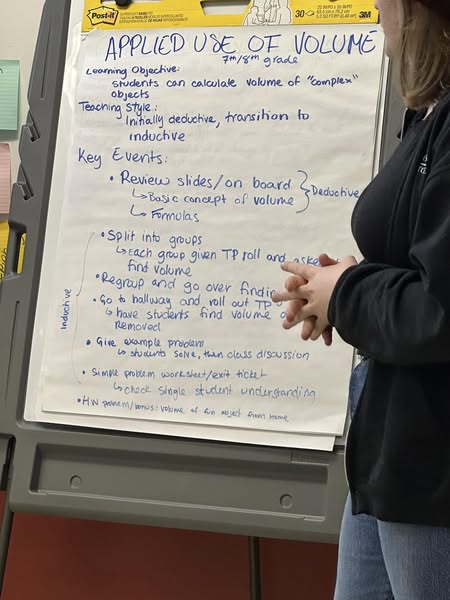
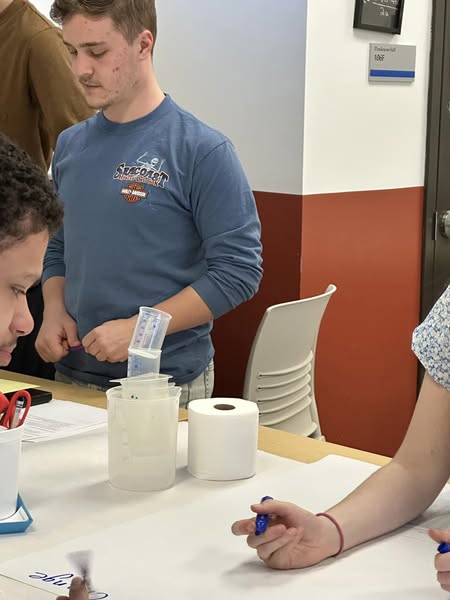
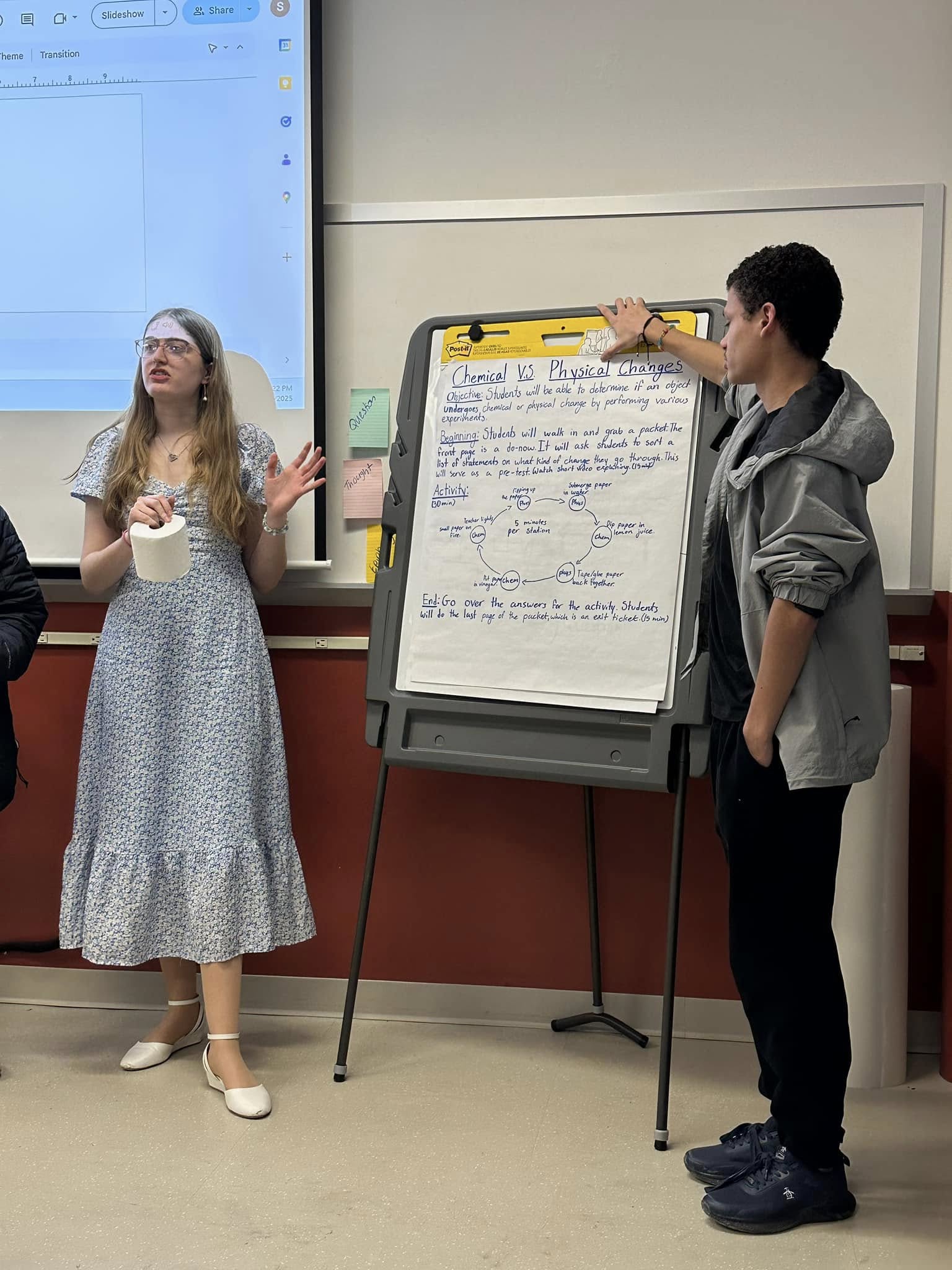
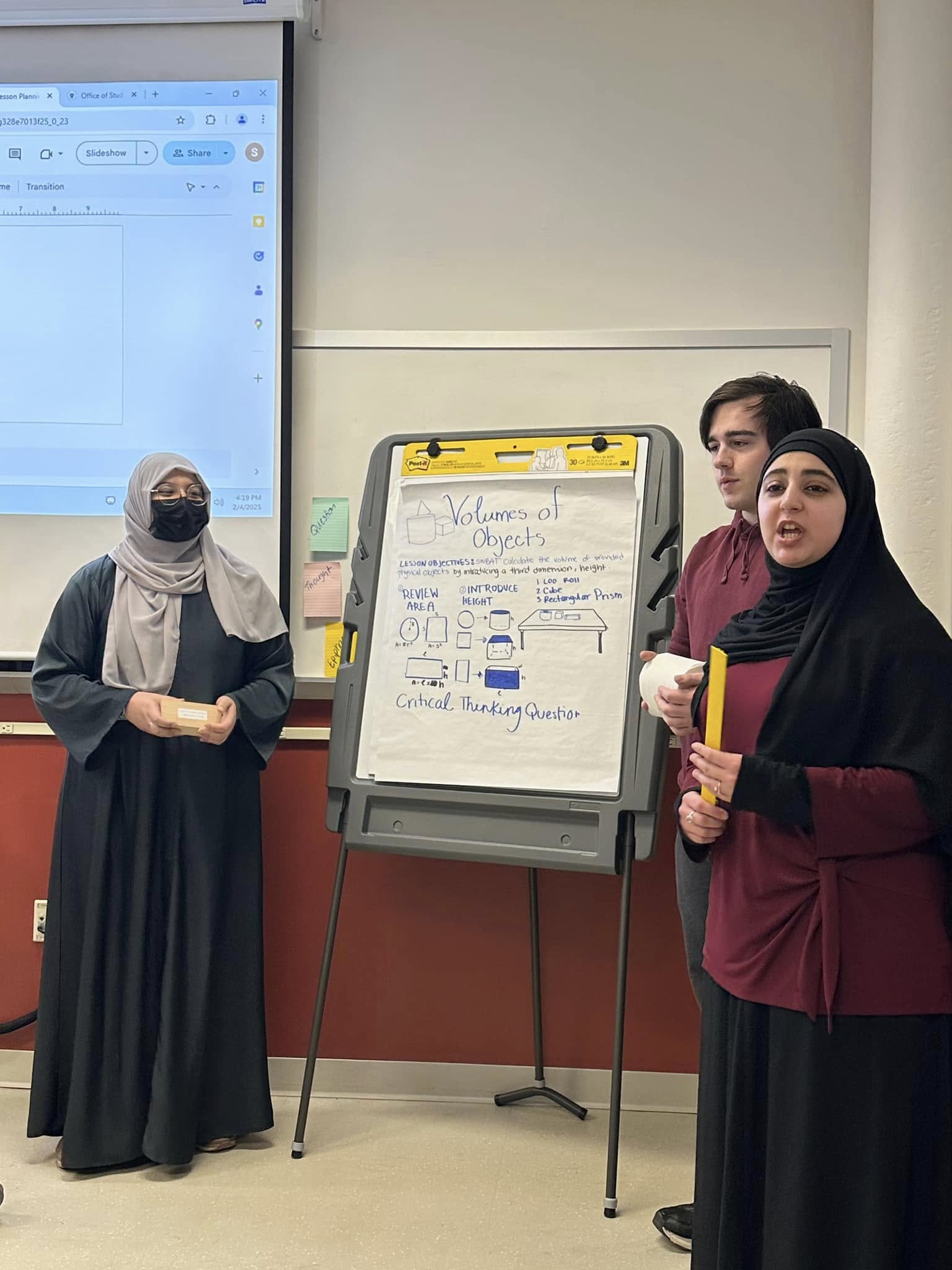
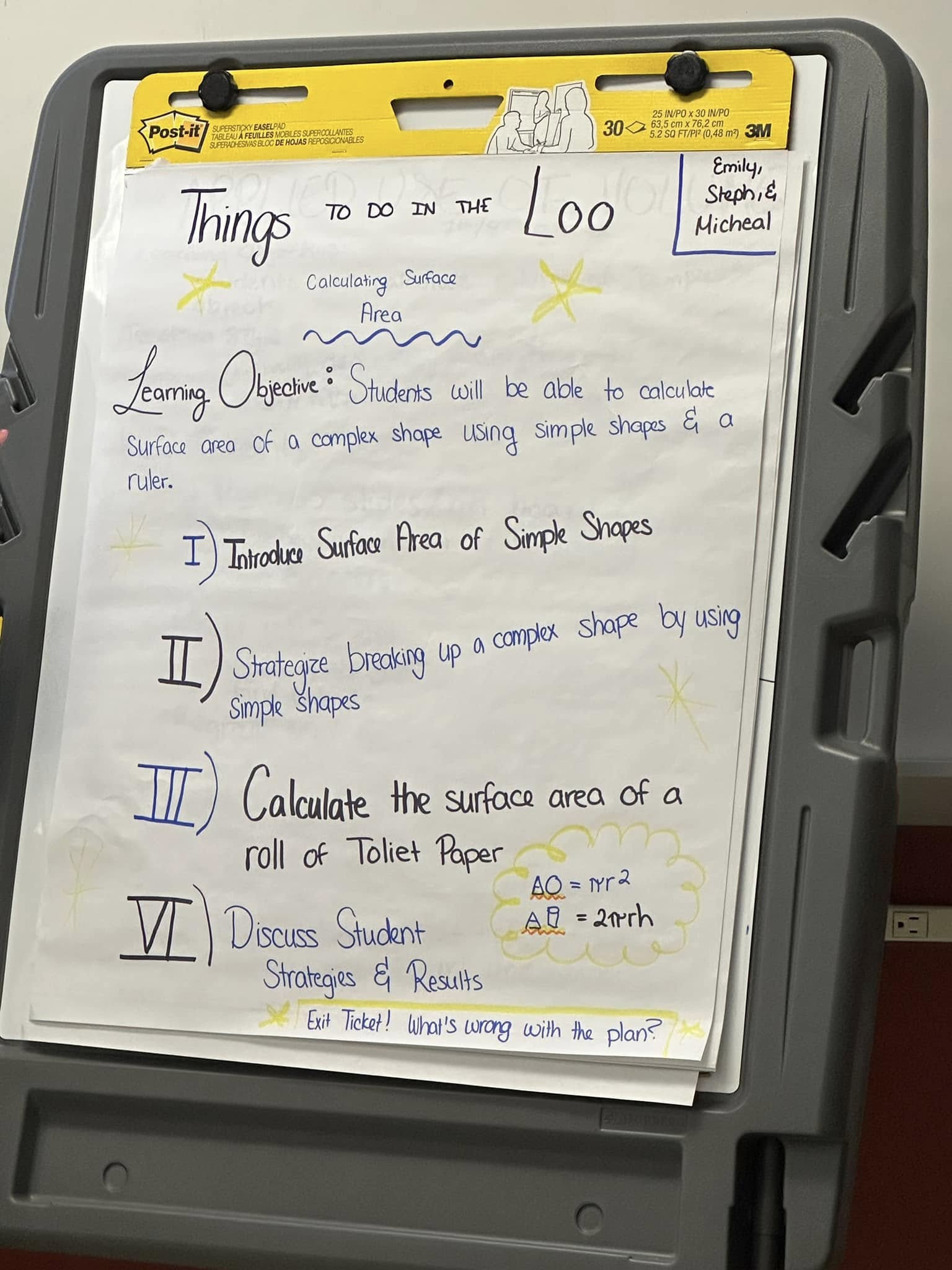
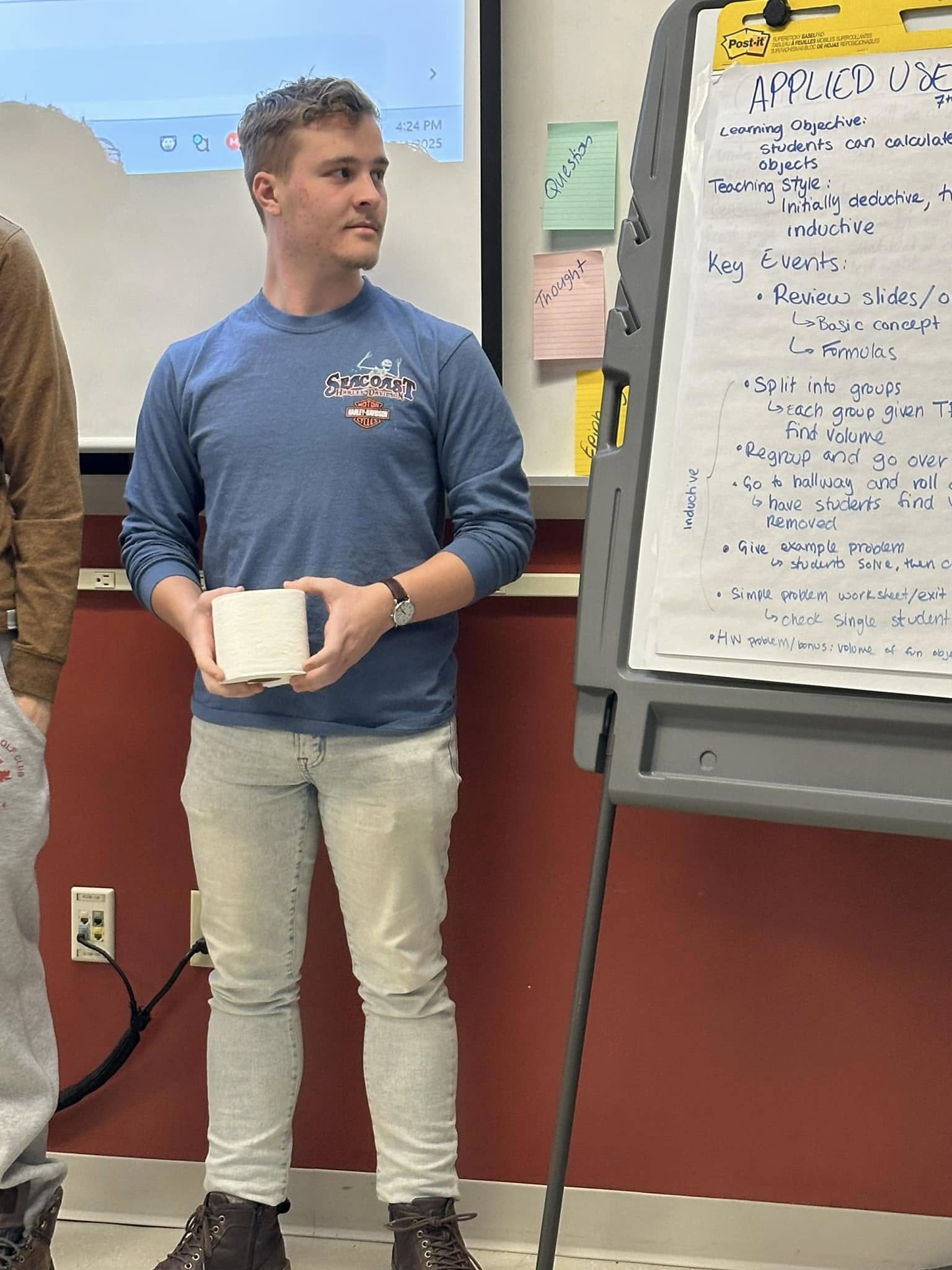
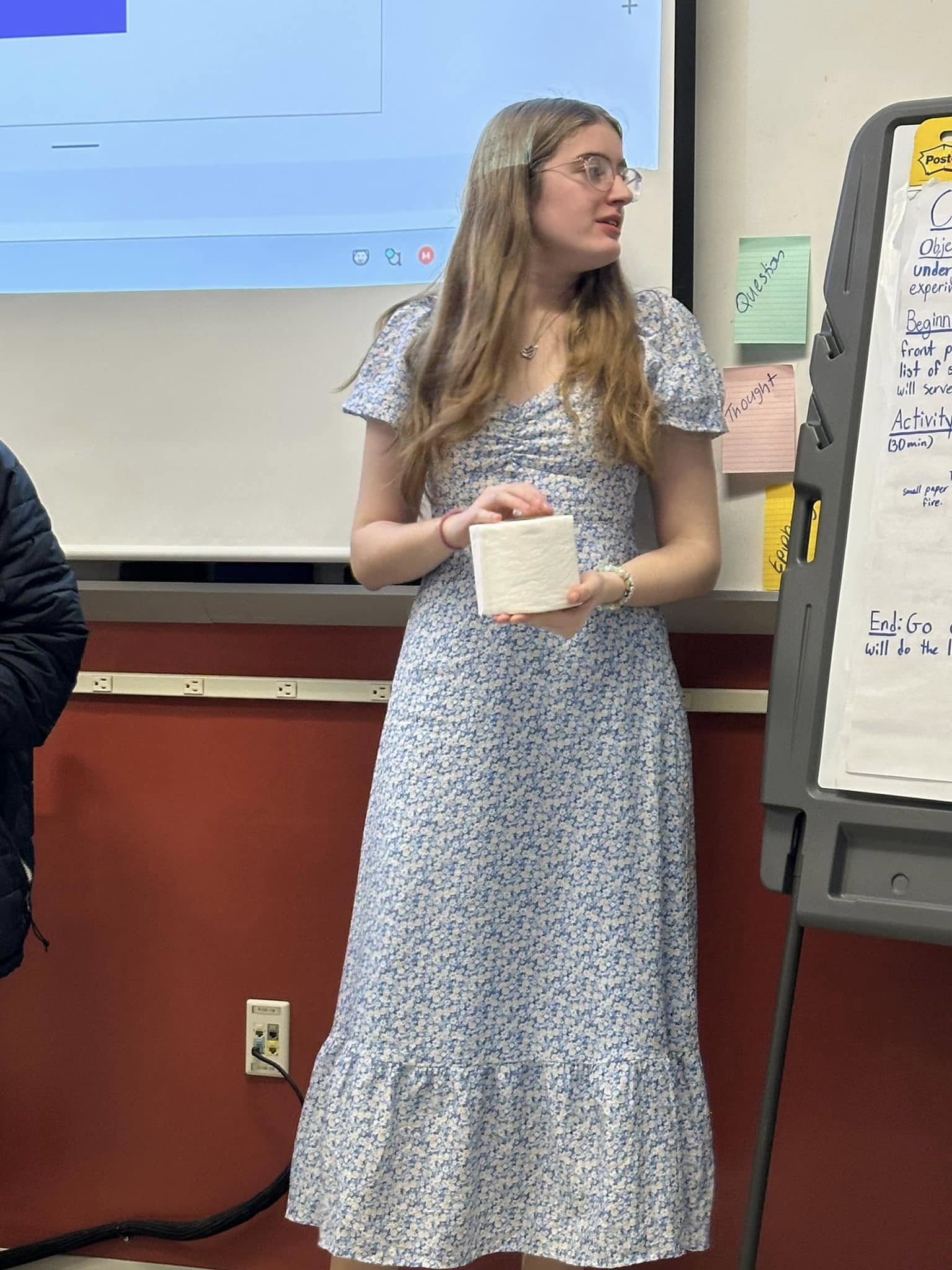
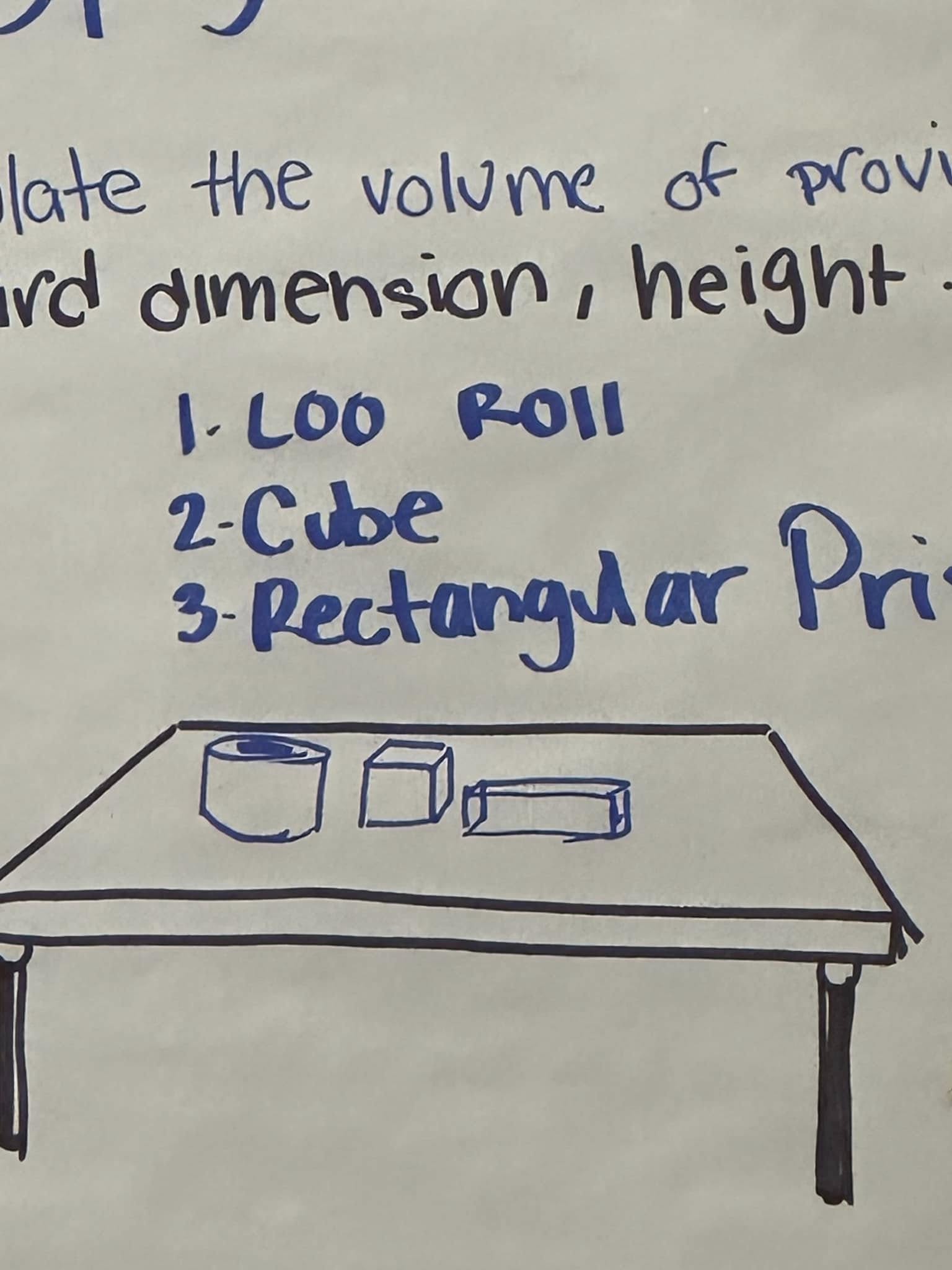
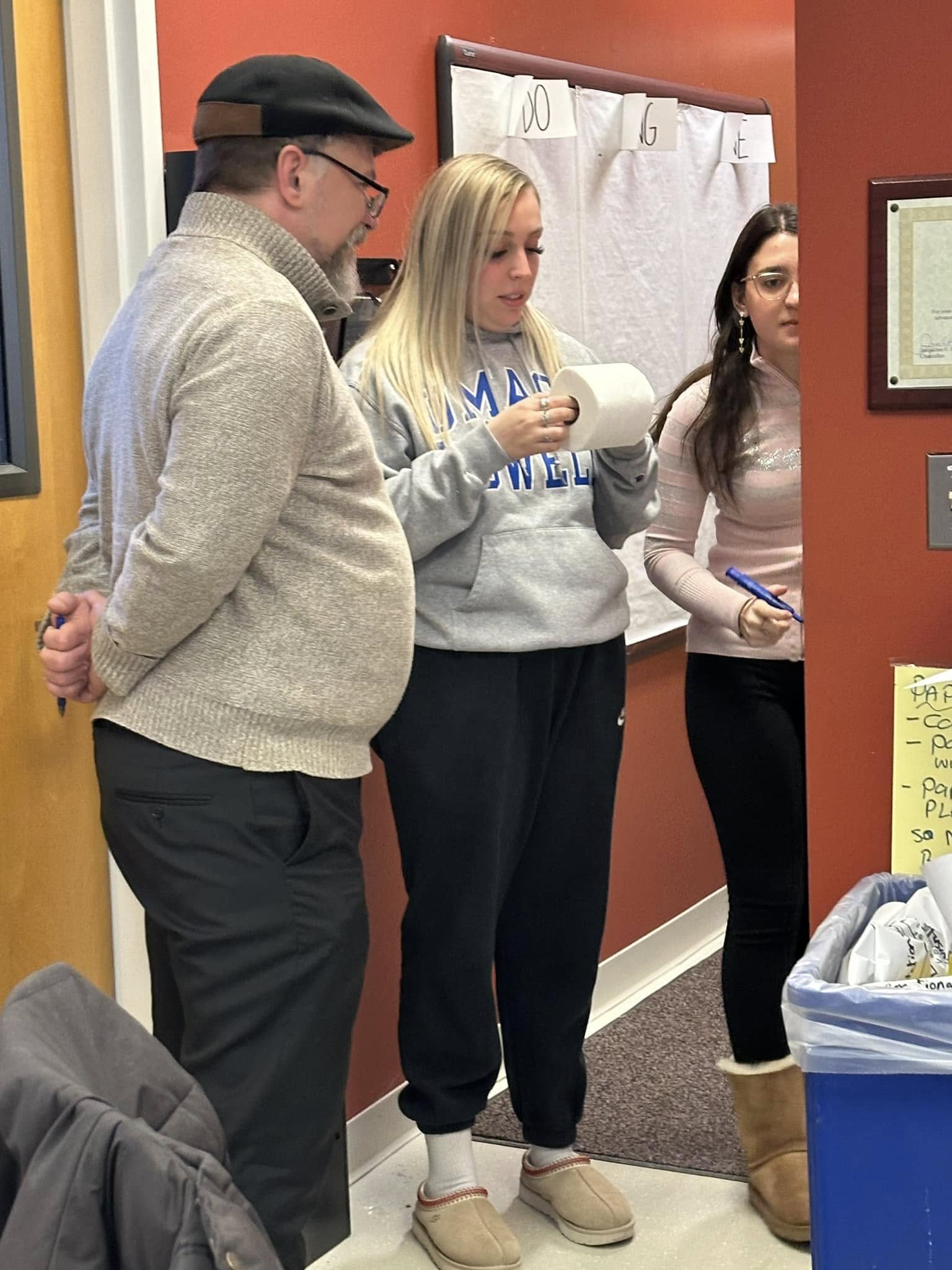
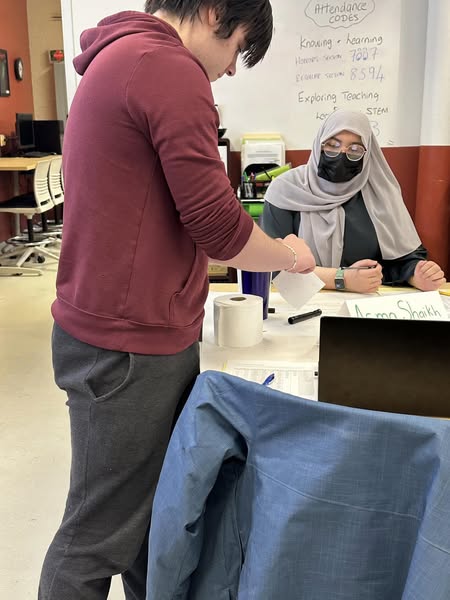
But the highlight of the course, of course, is the final: a poster presentation where students showcase the best STEM lesson they taught at a local middle school.
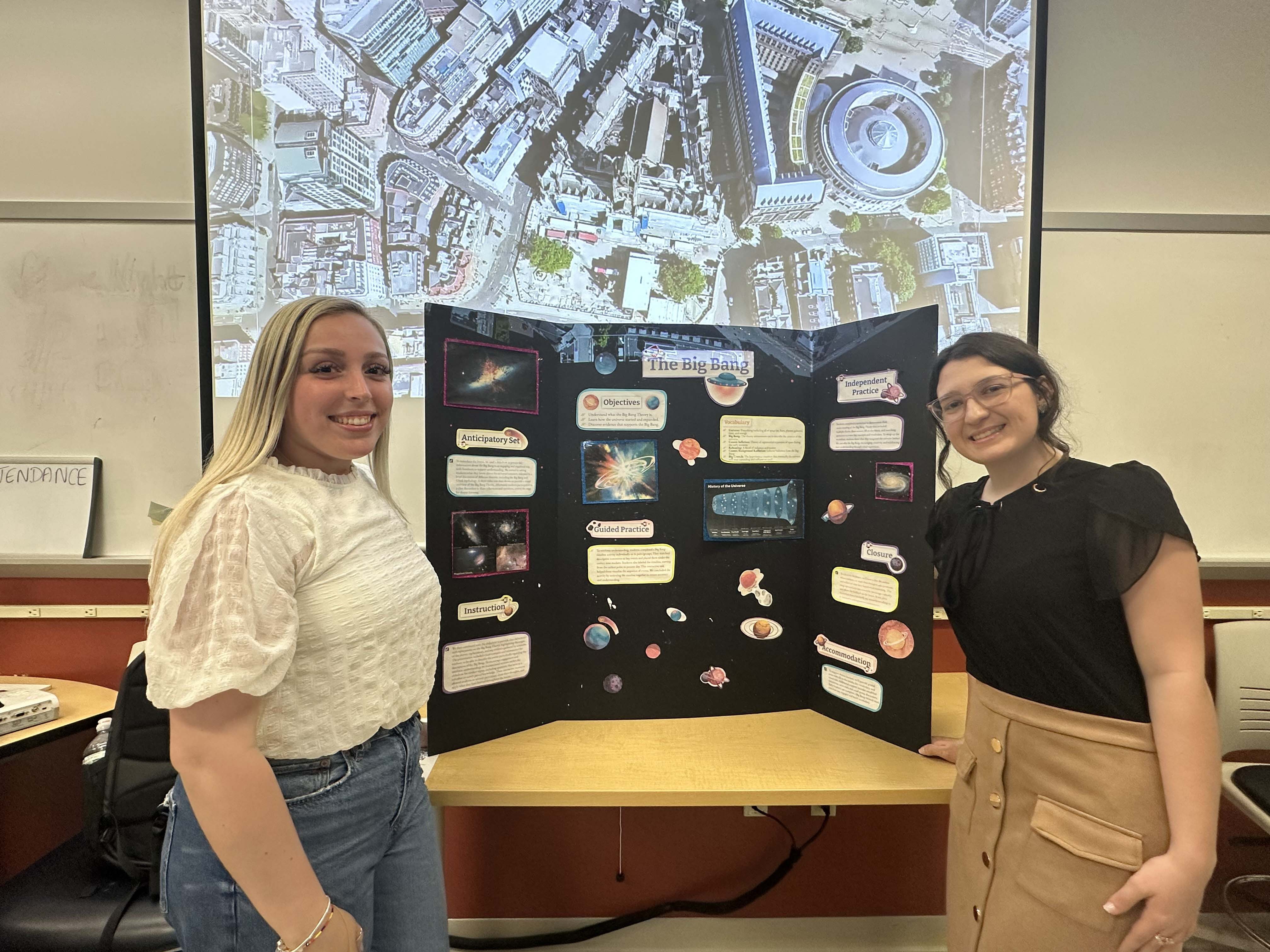
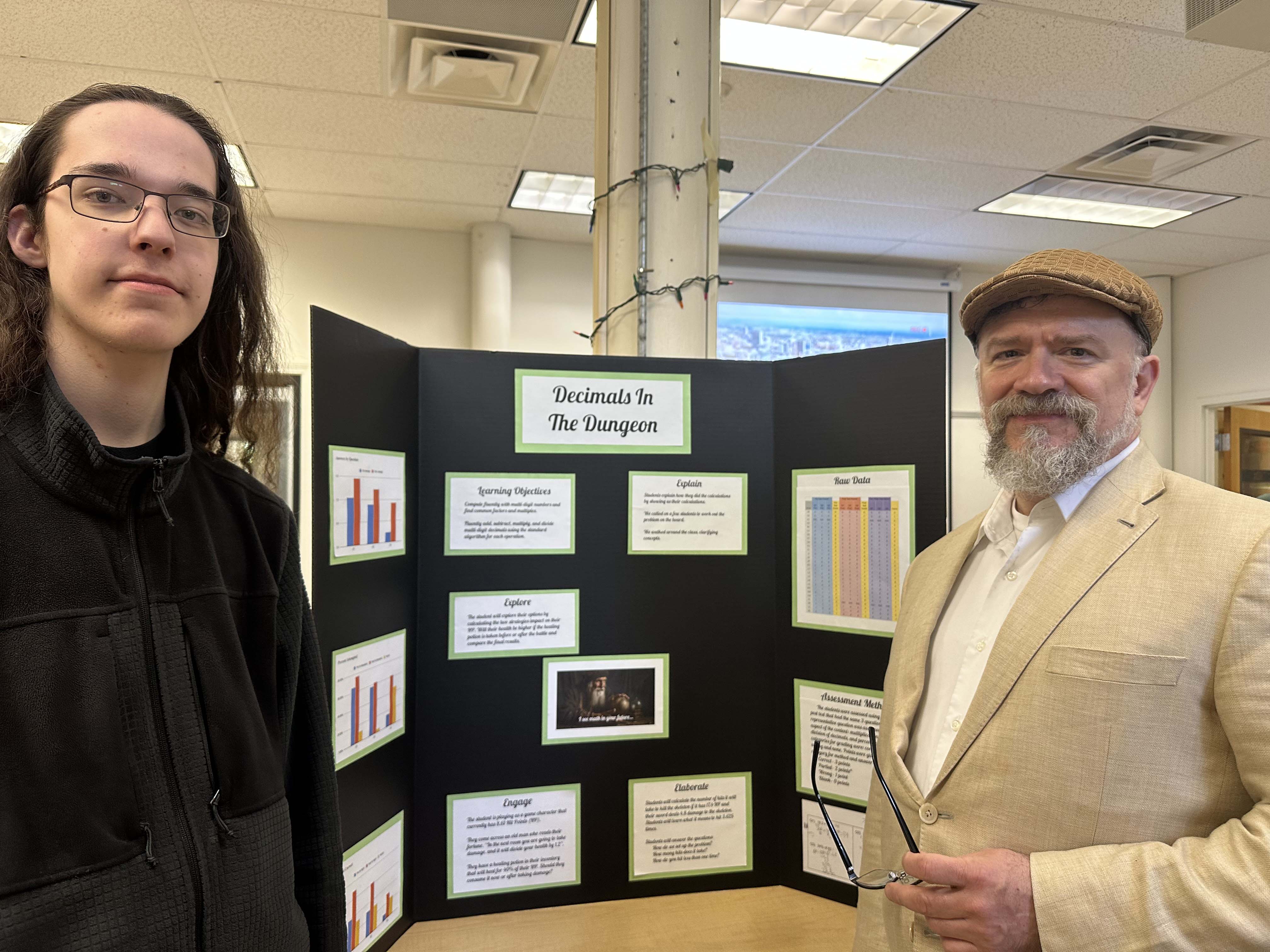
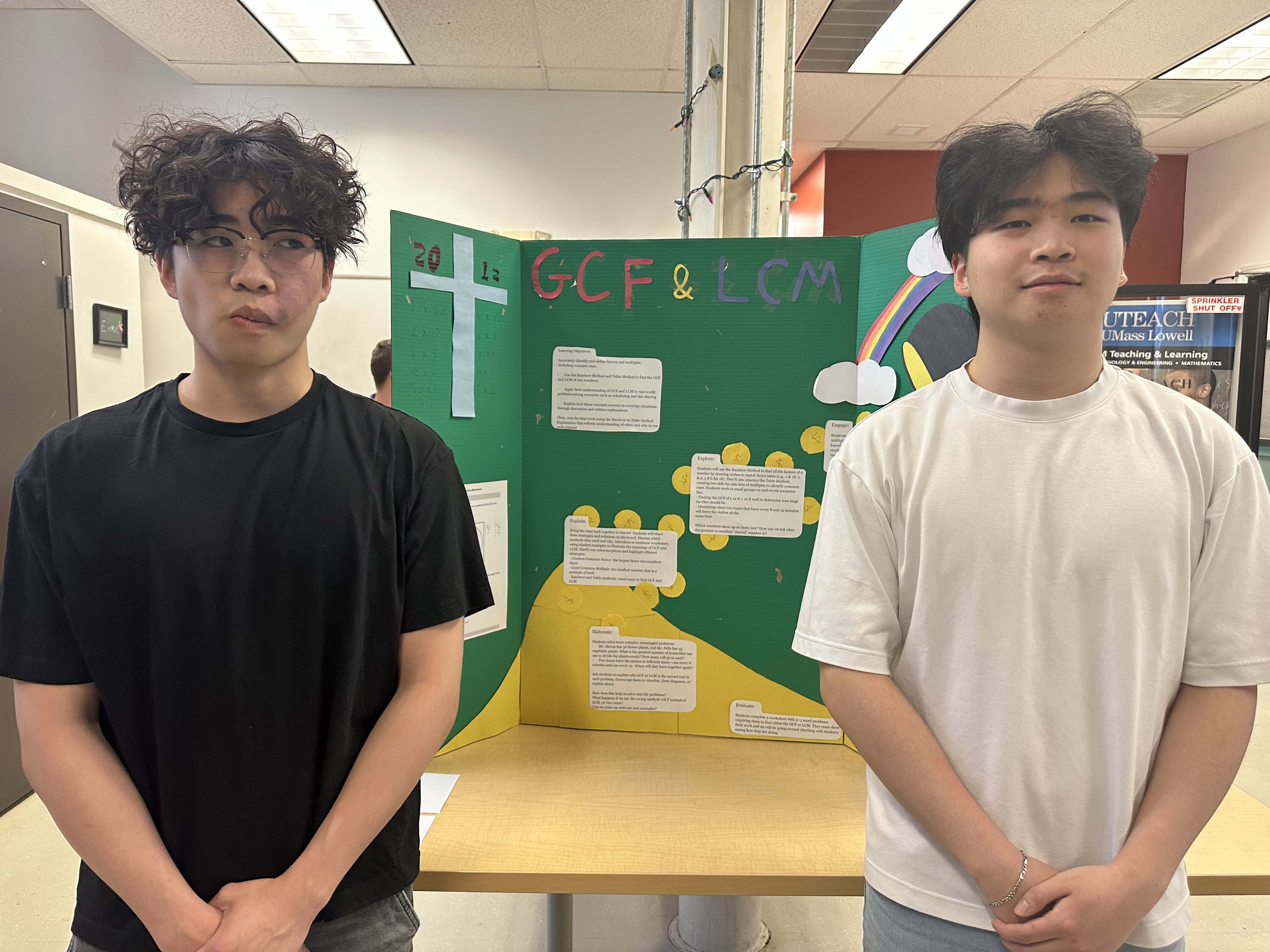
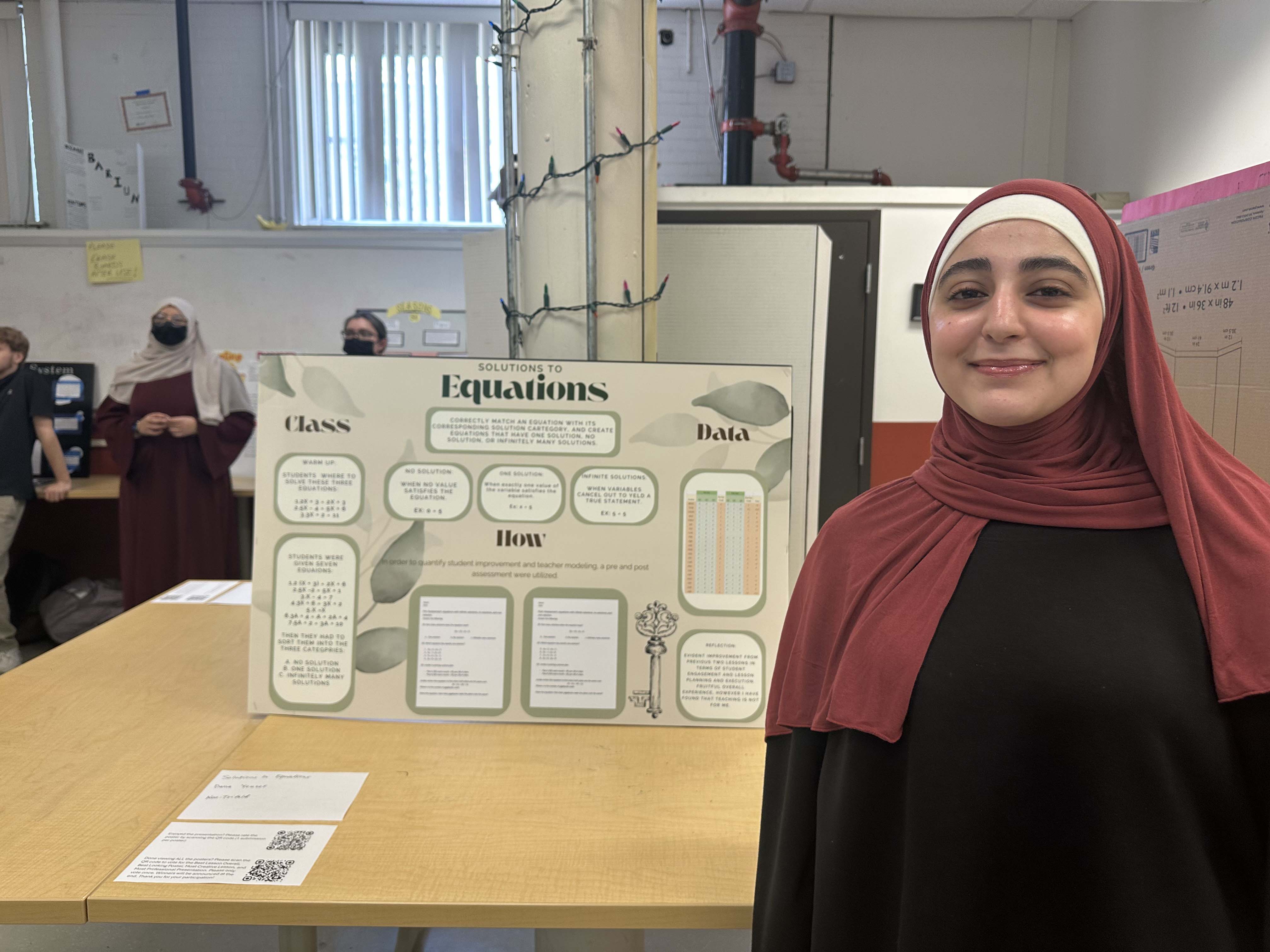
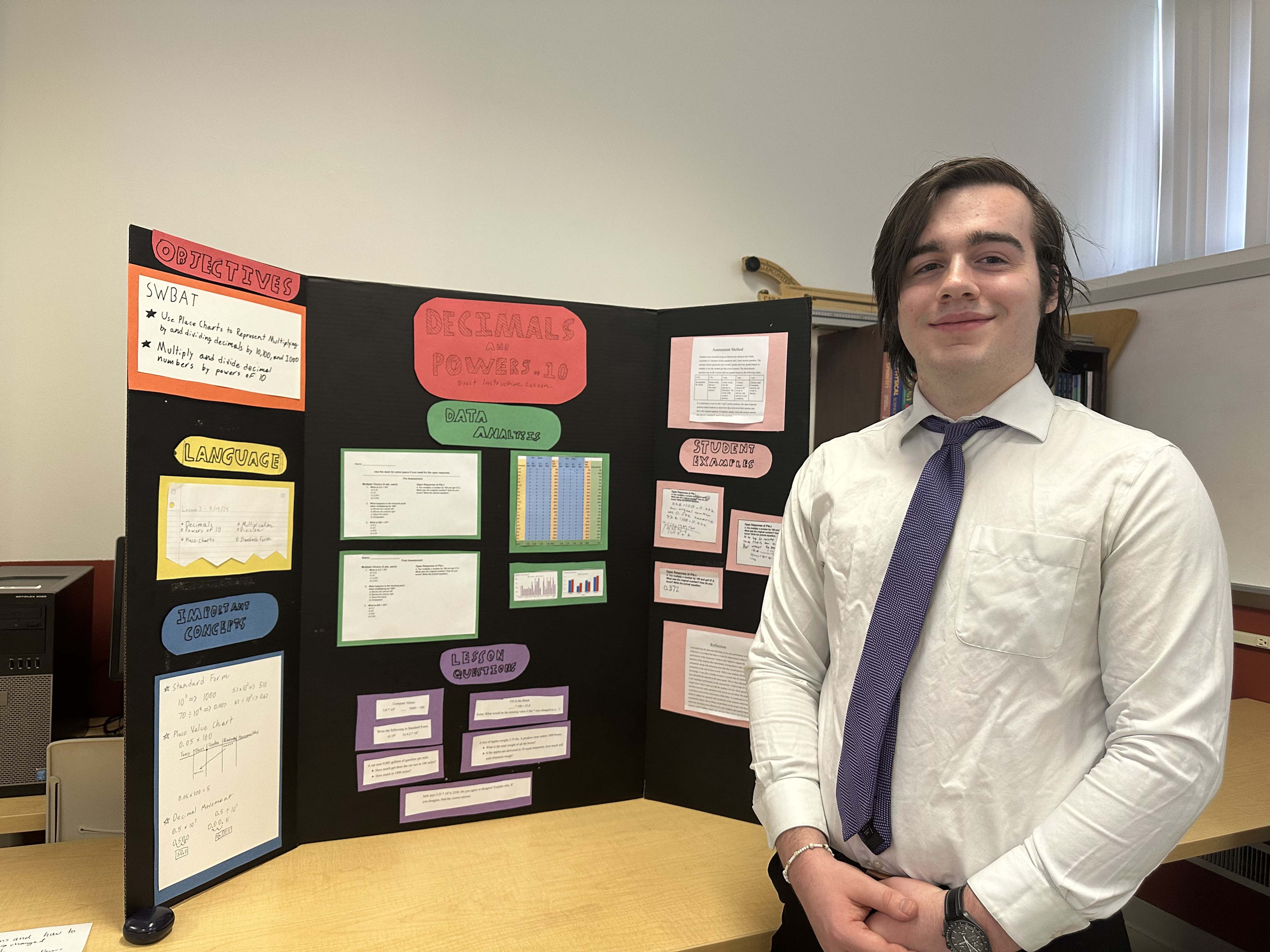
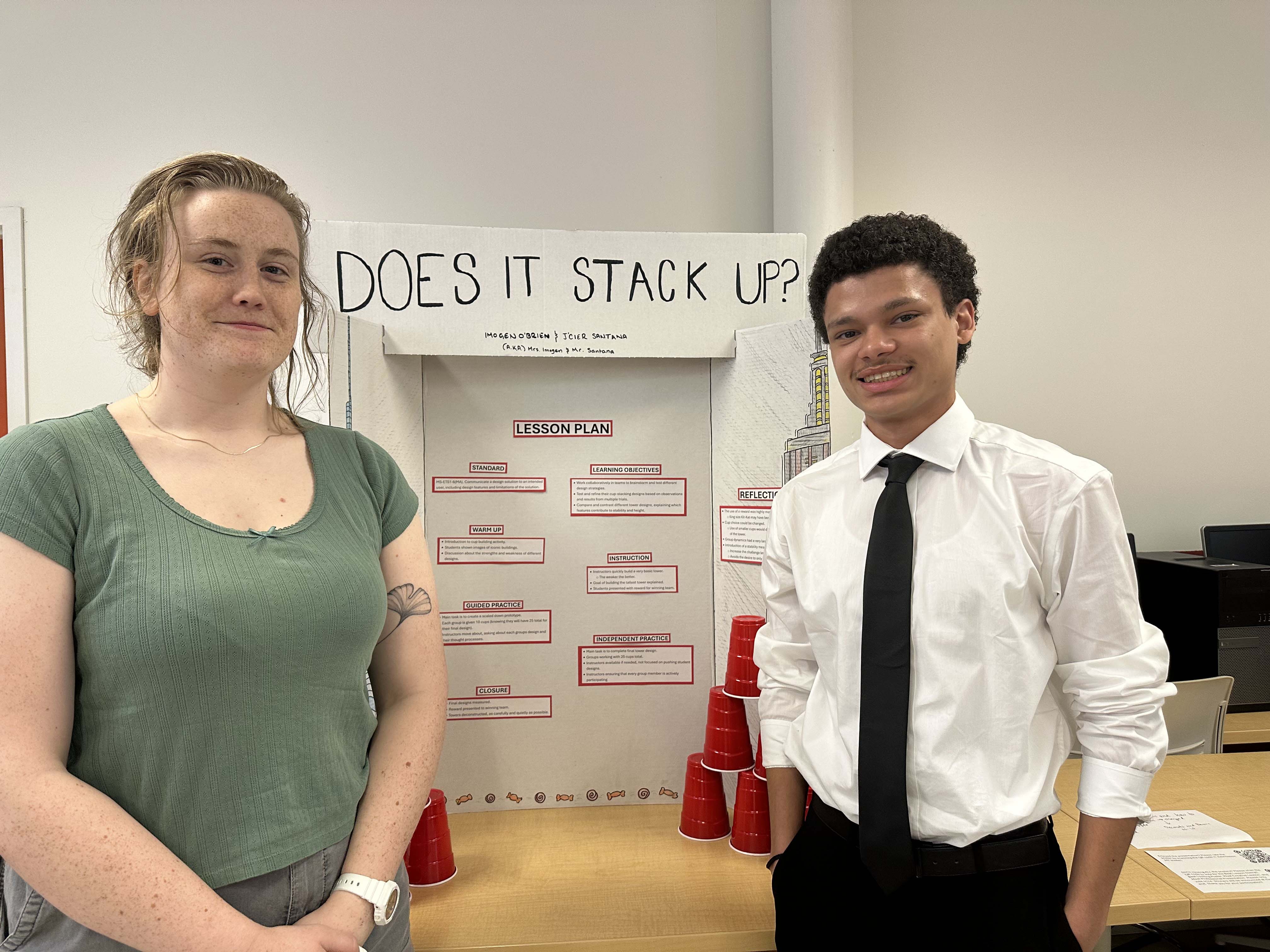
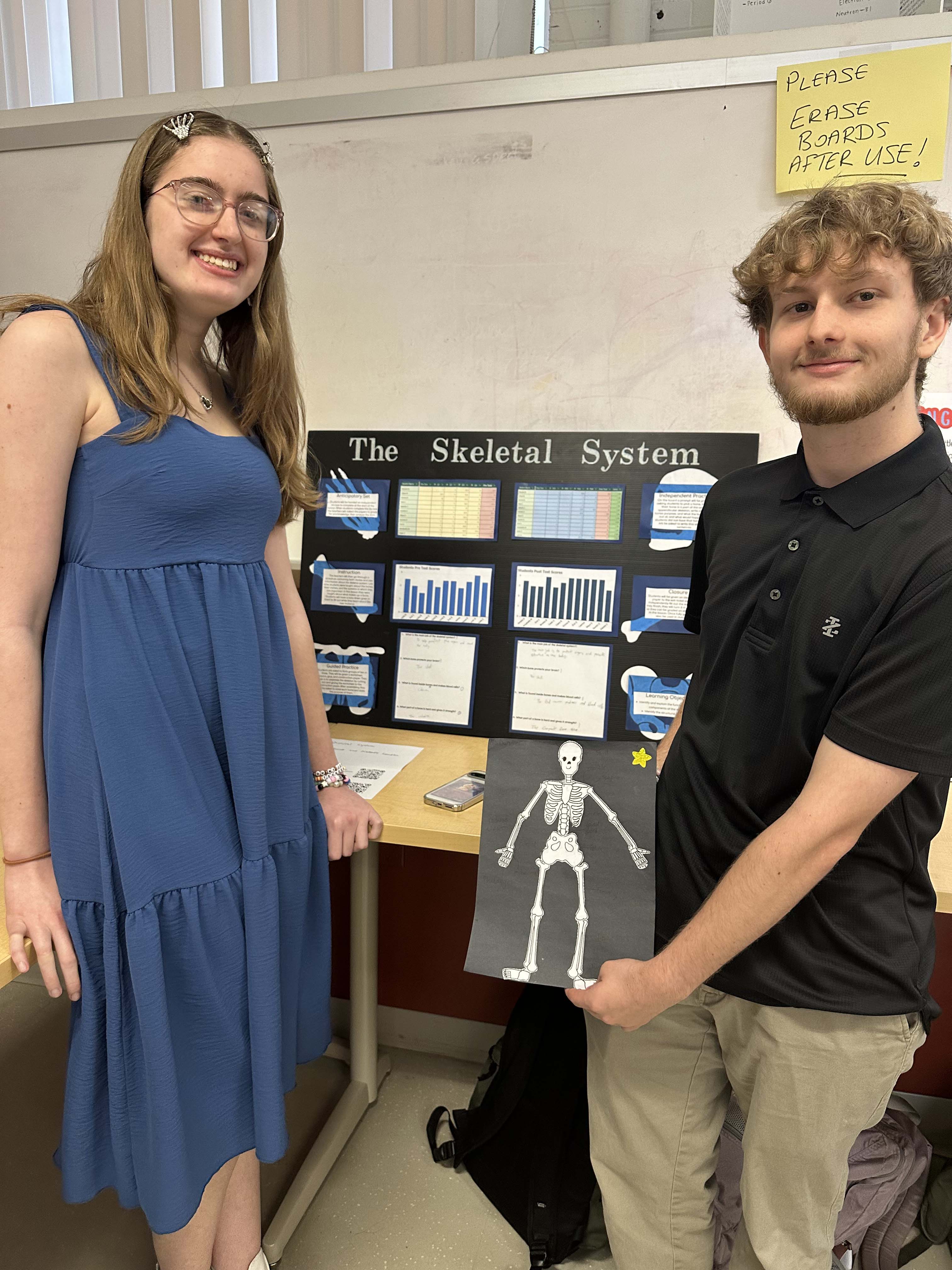
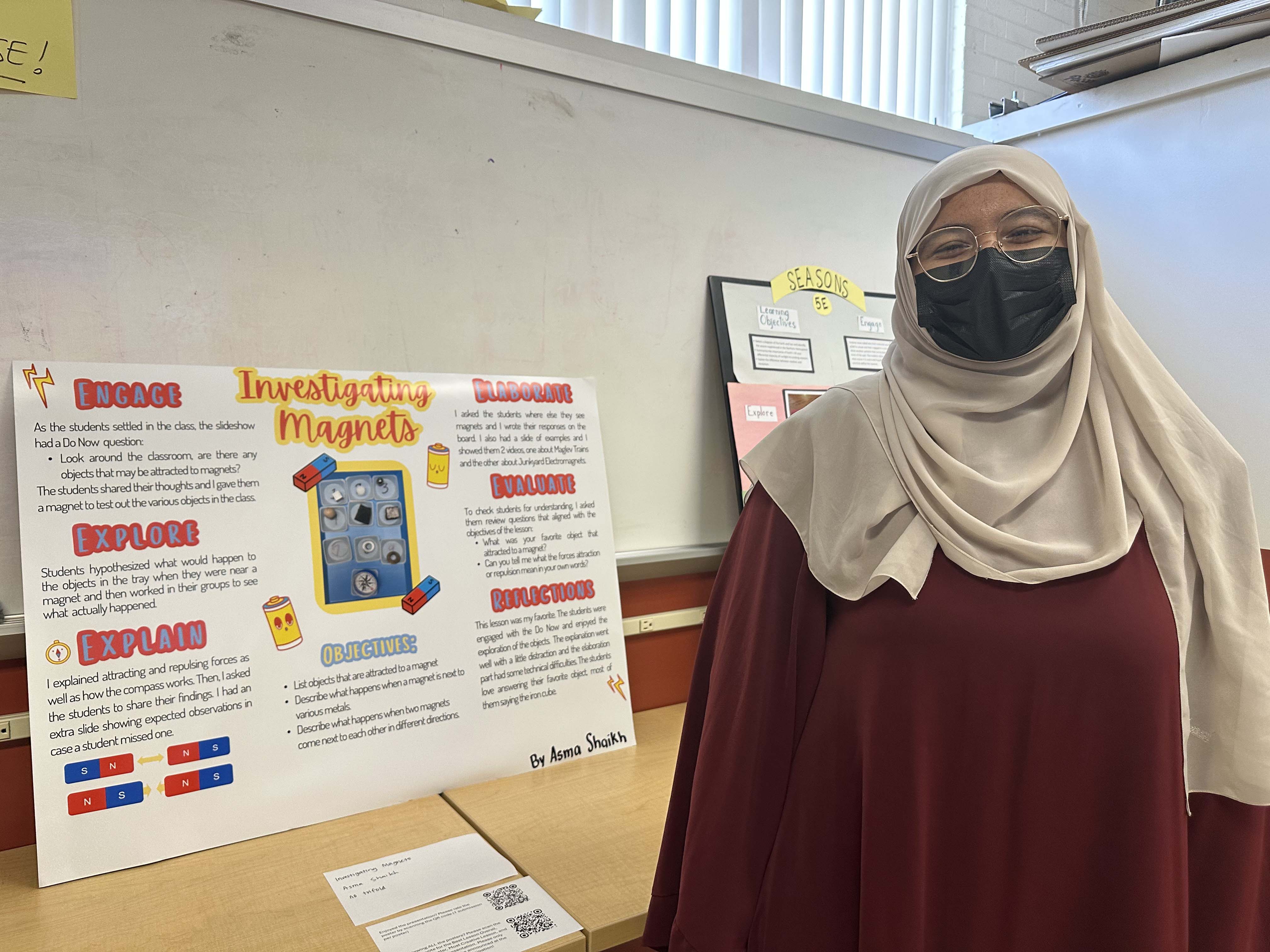
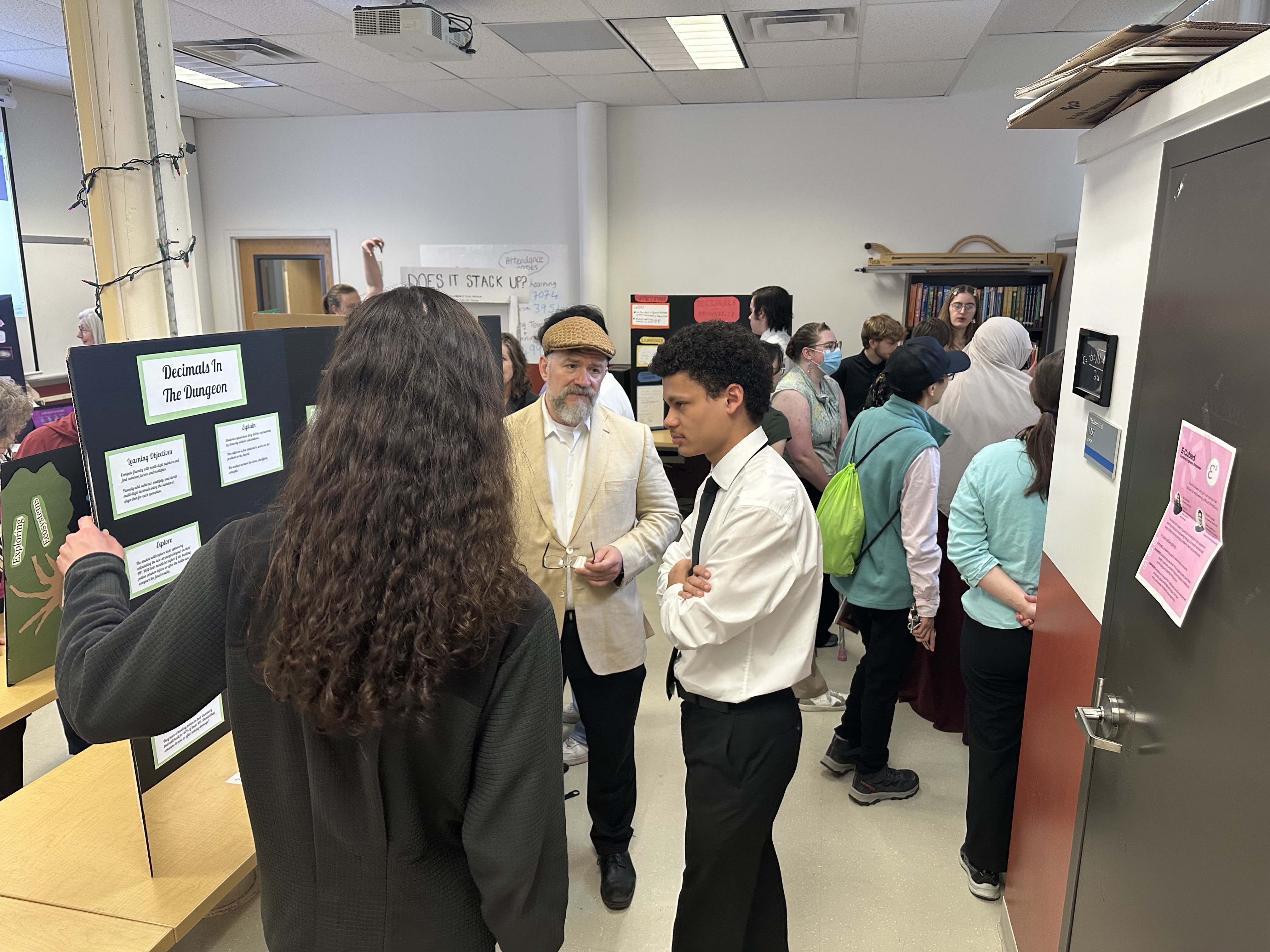
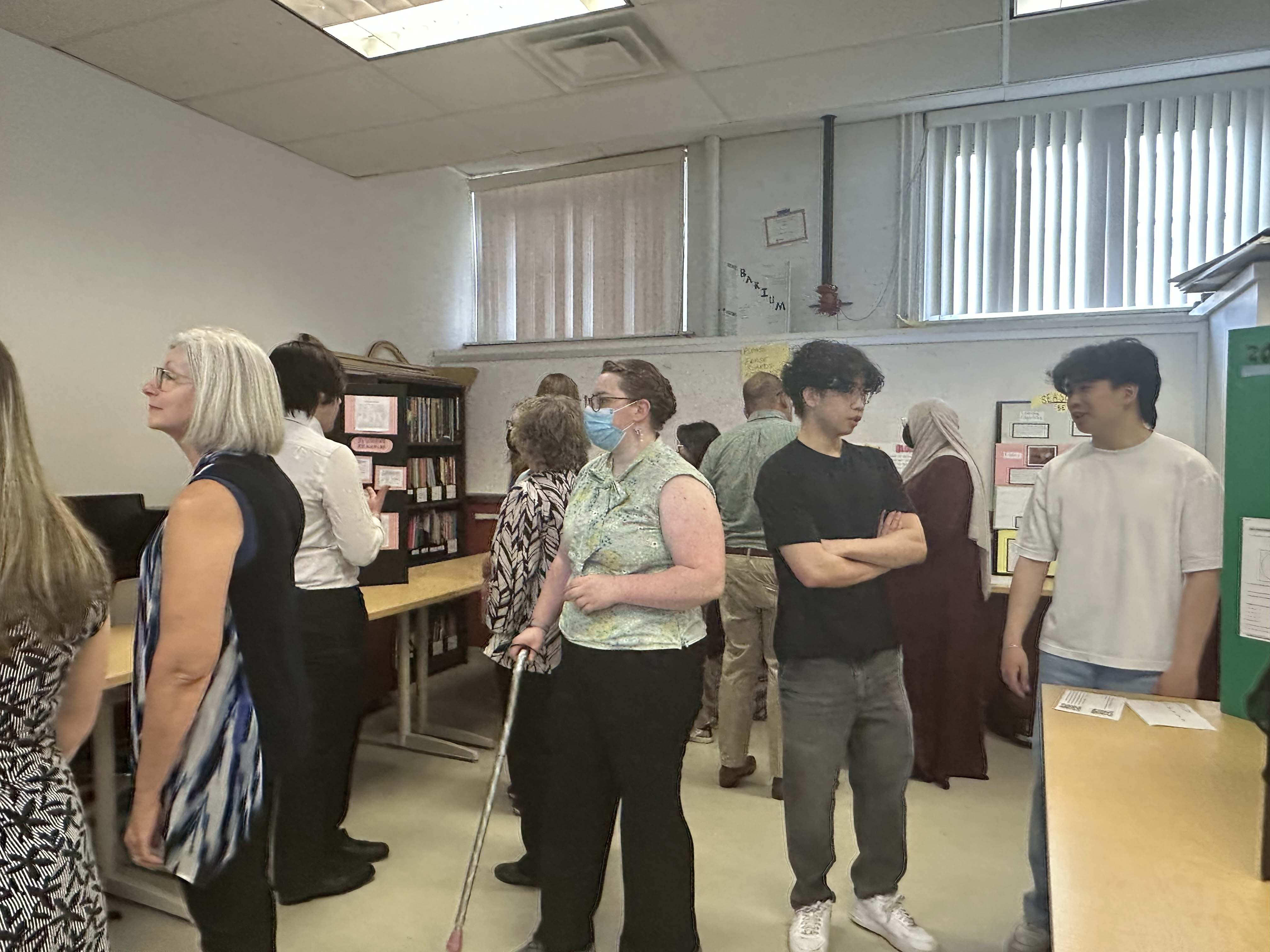
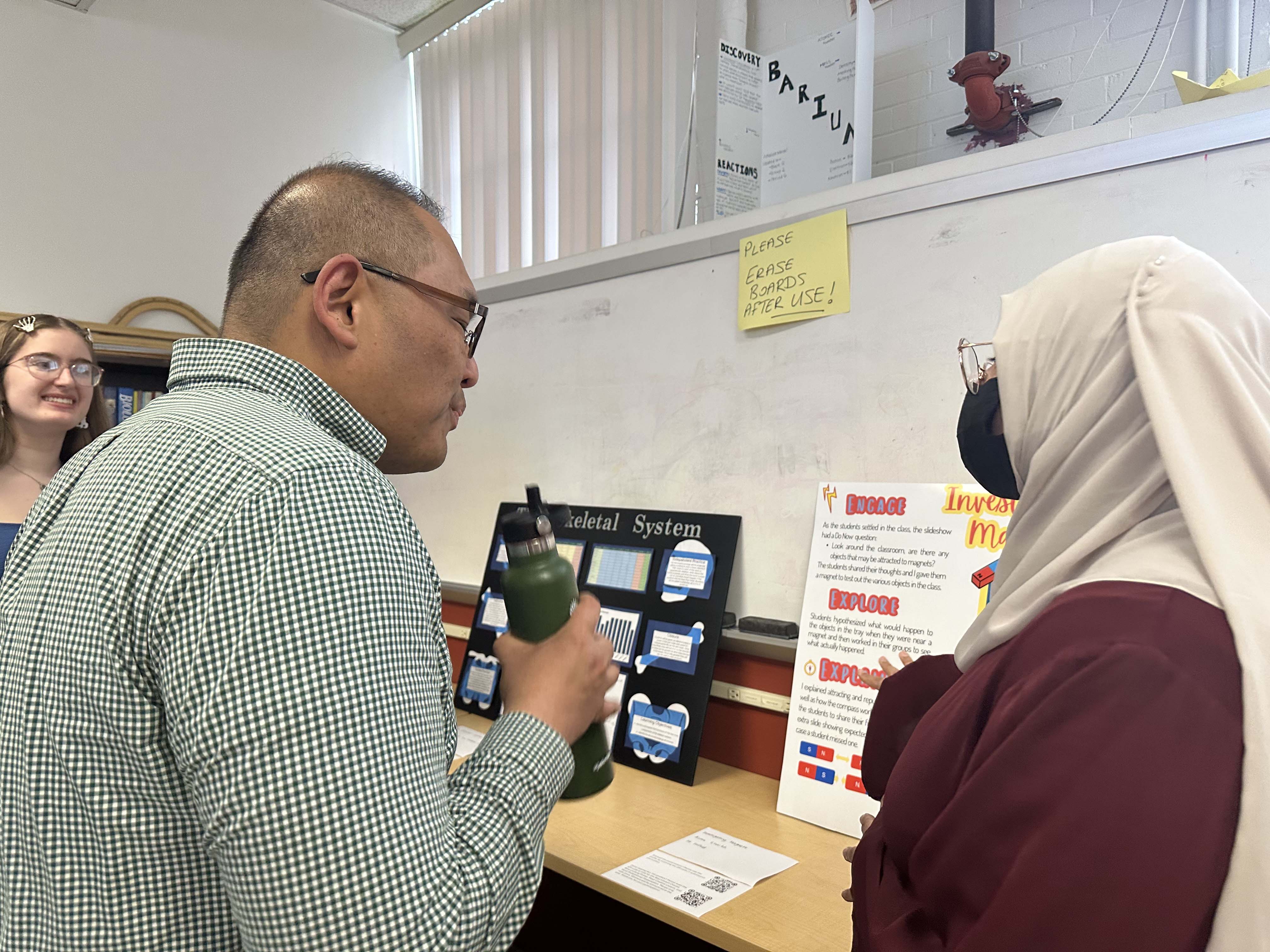
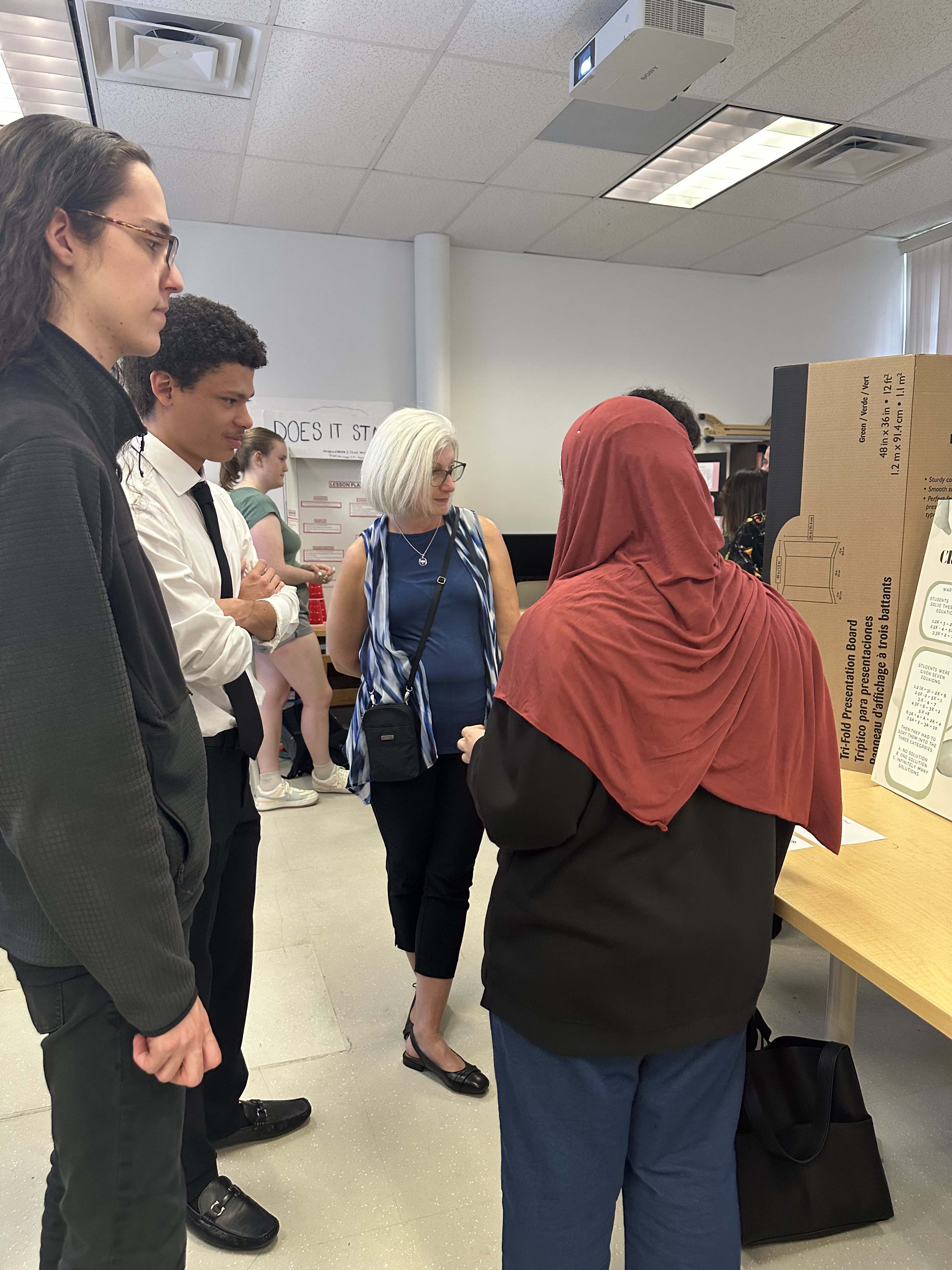
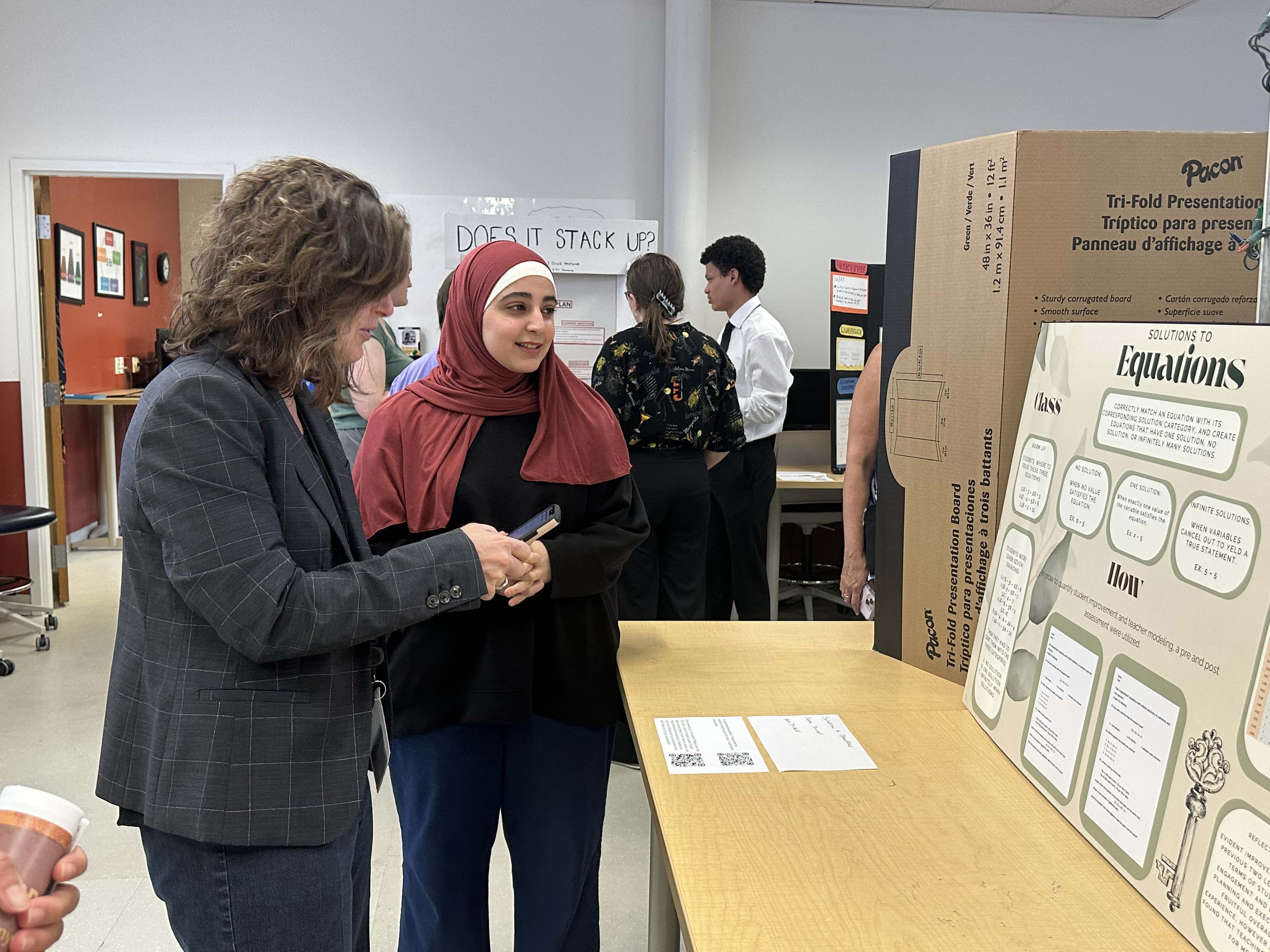
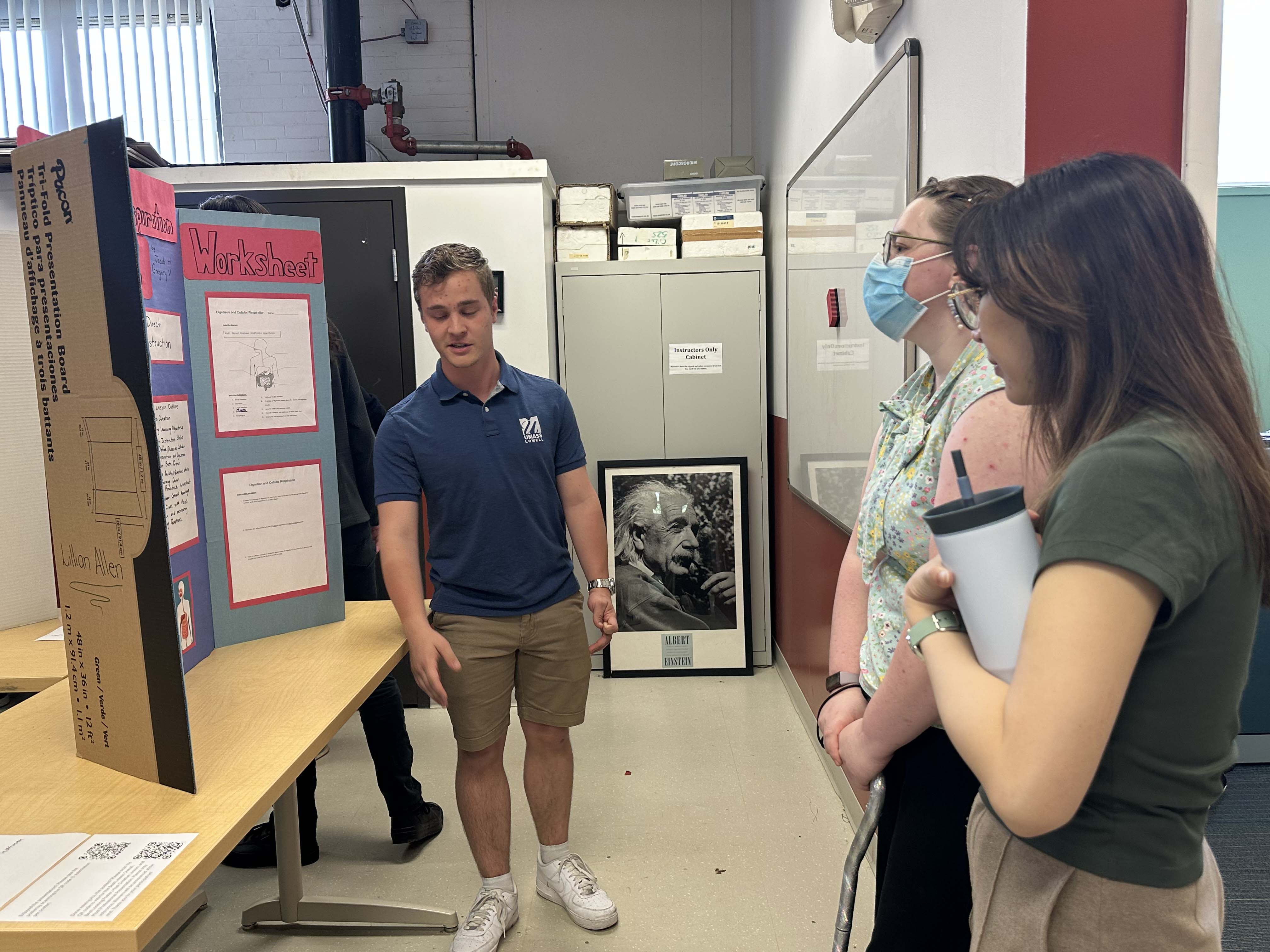
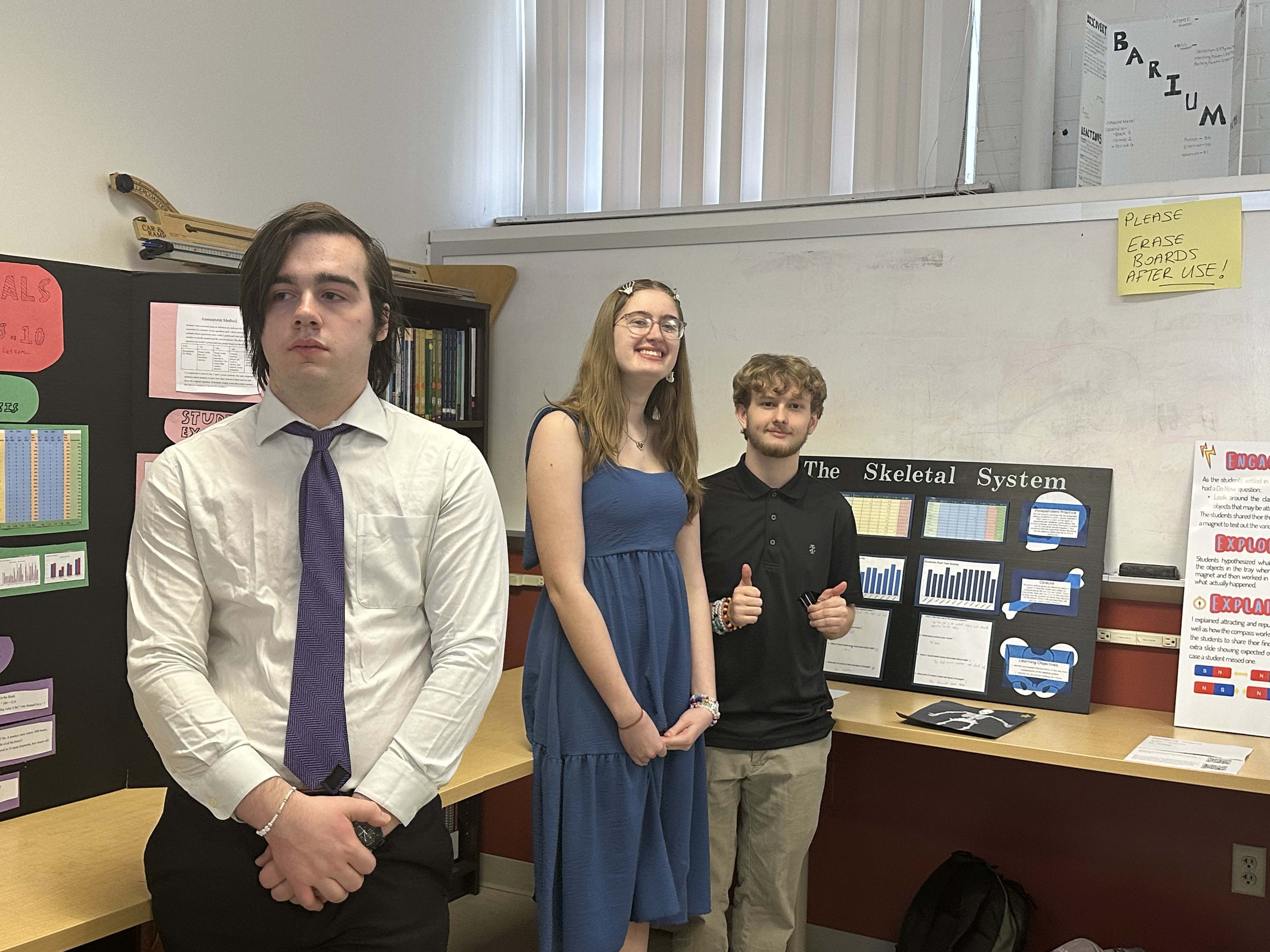
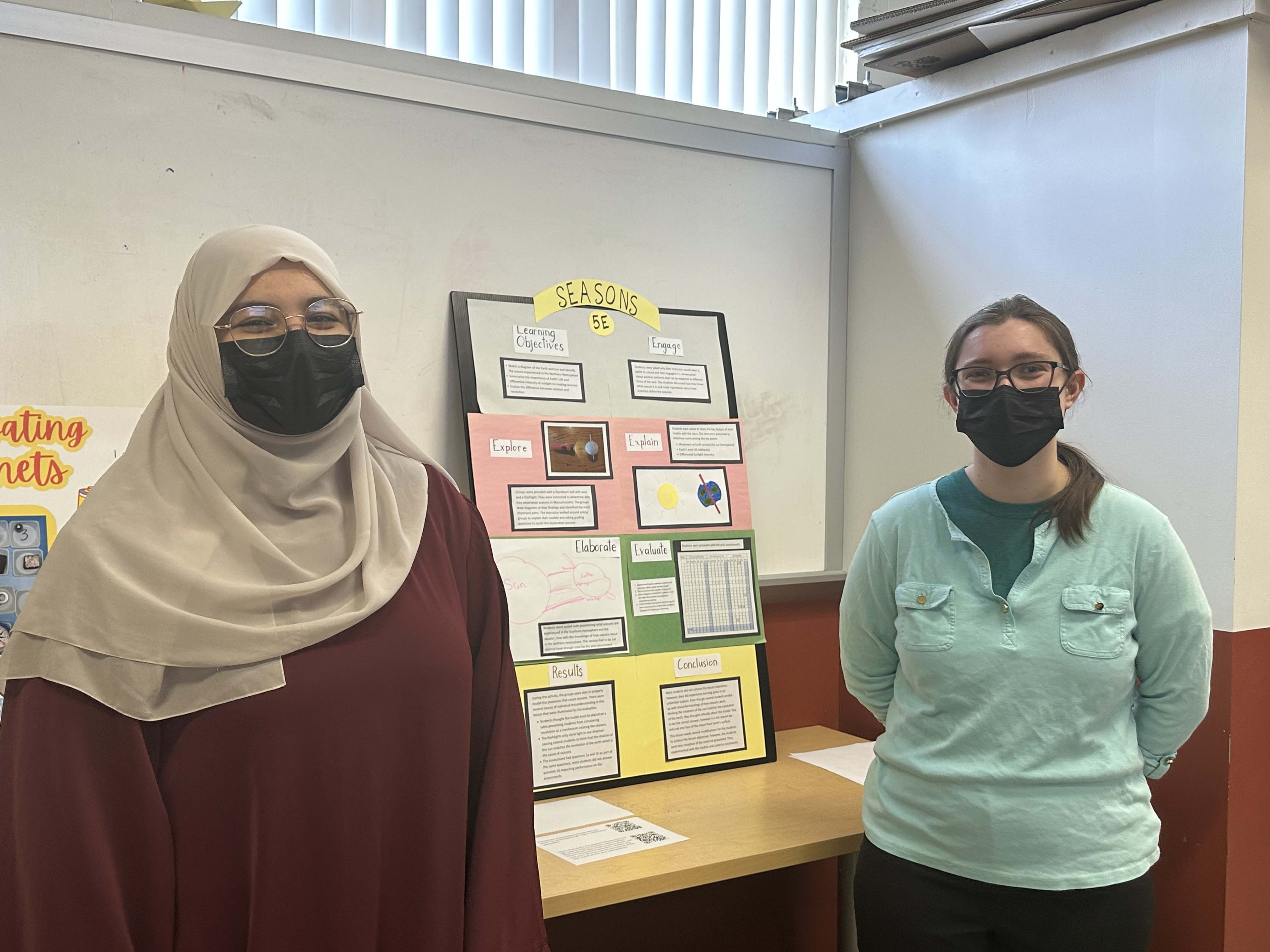
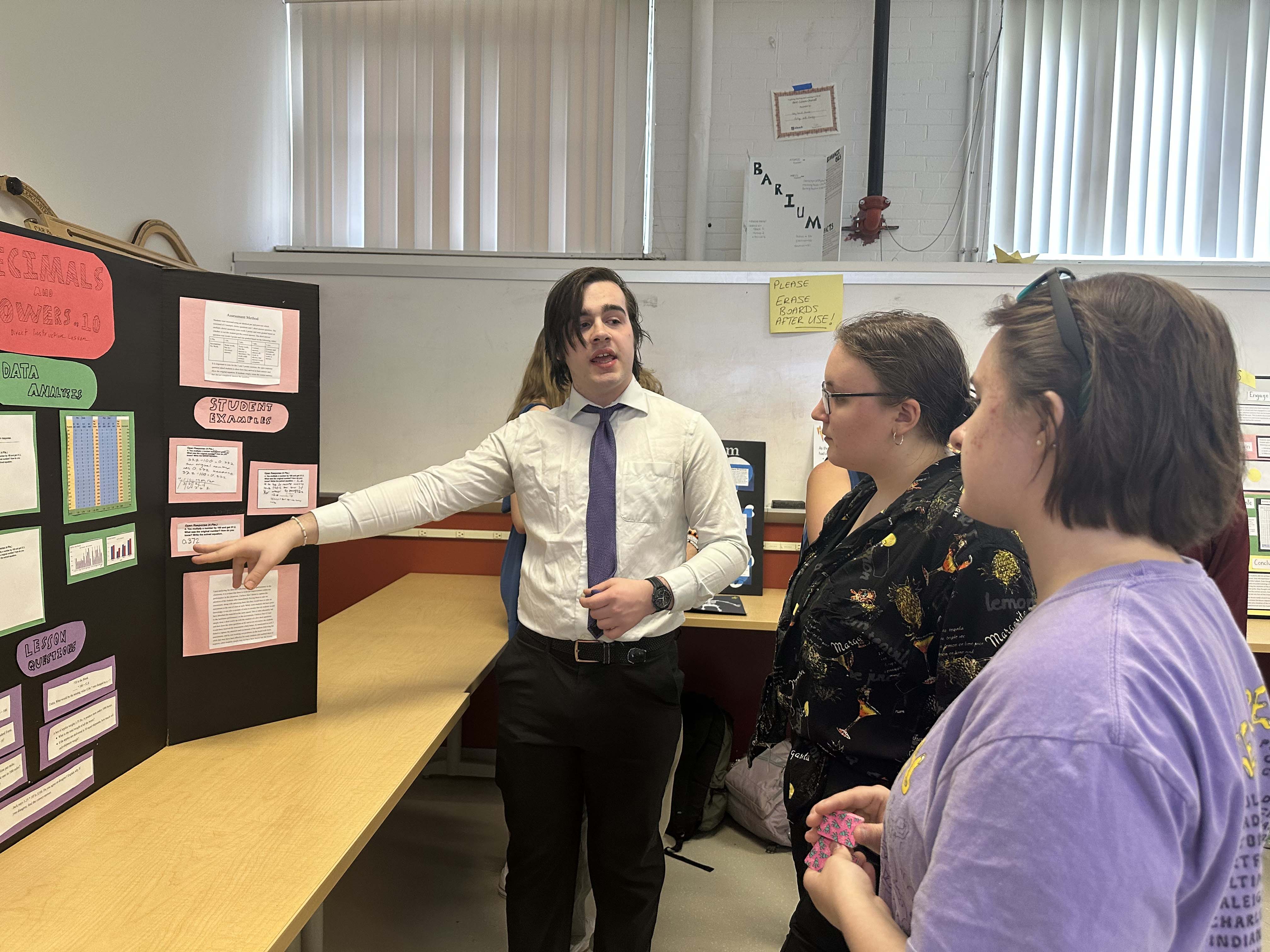
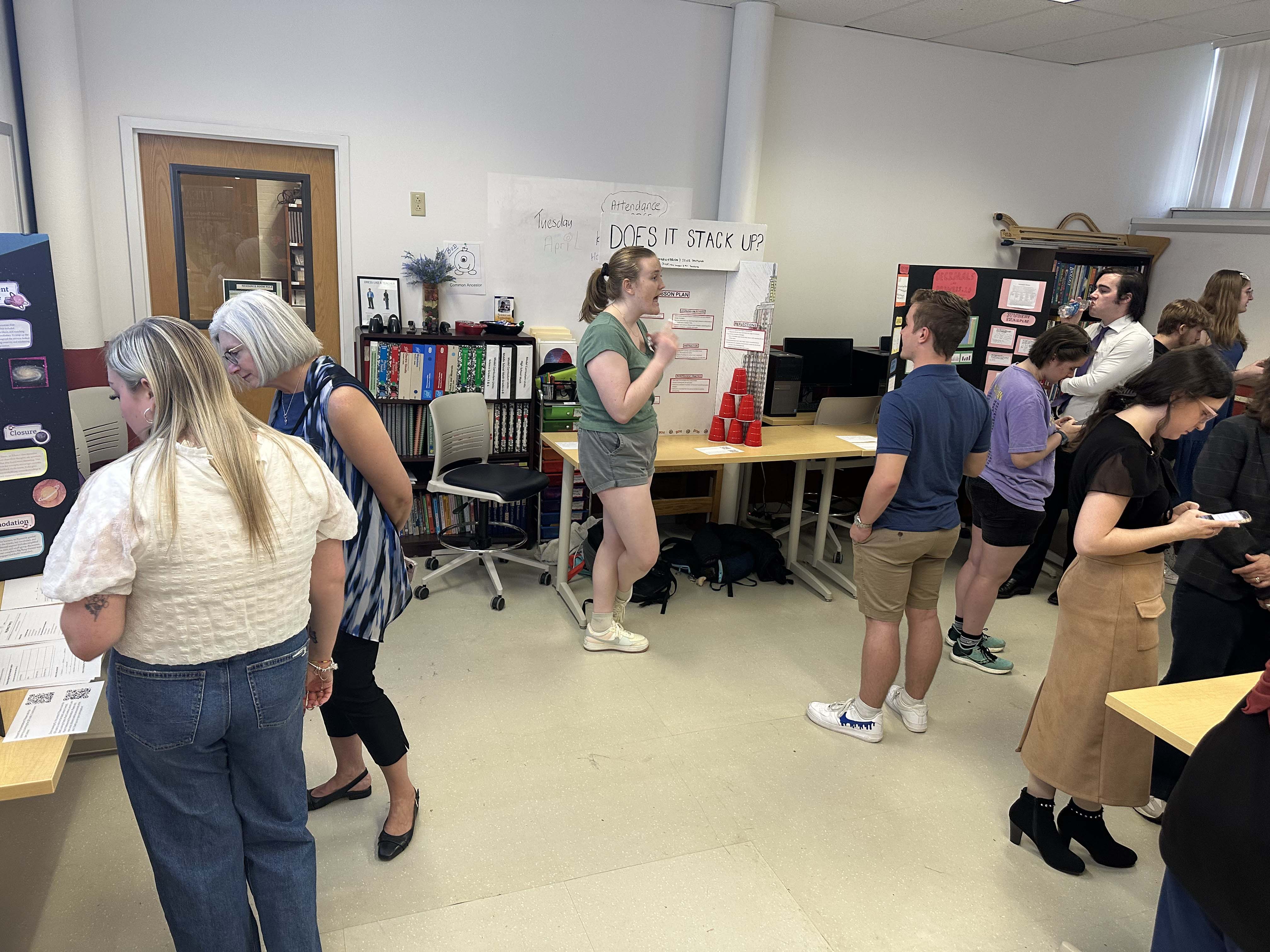
And because no UTCH.1030 final would be complete without a bit of celebration, we make it a true event—complete with a full meal. (Not many finals at UMass Lowell come with a buffet!) This year’s menu was Mediterranean, and it gave everyone a chance to relax, connect, and truly celebrate the incredible growth and hard work of the semester. After a hefty feast, students were recognized with certificates for their creativity, effort, and thoughtful design in crafting both their lessons and their posters—a small but meaningful way to honor all they had achieved.
